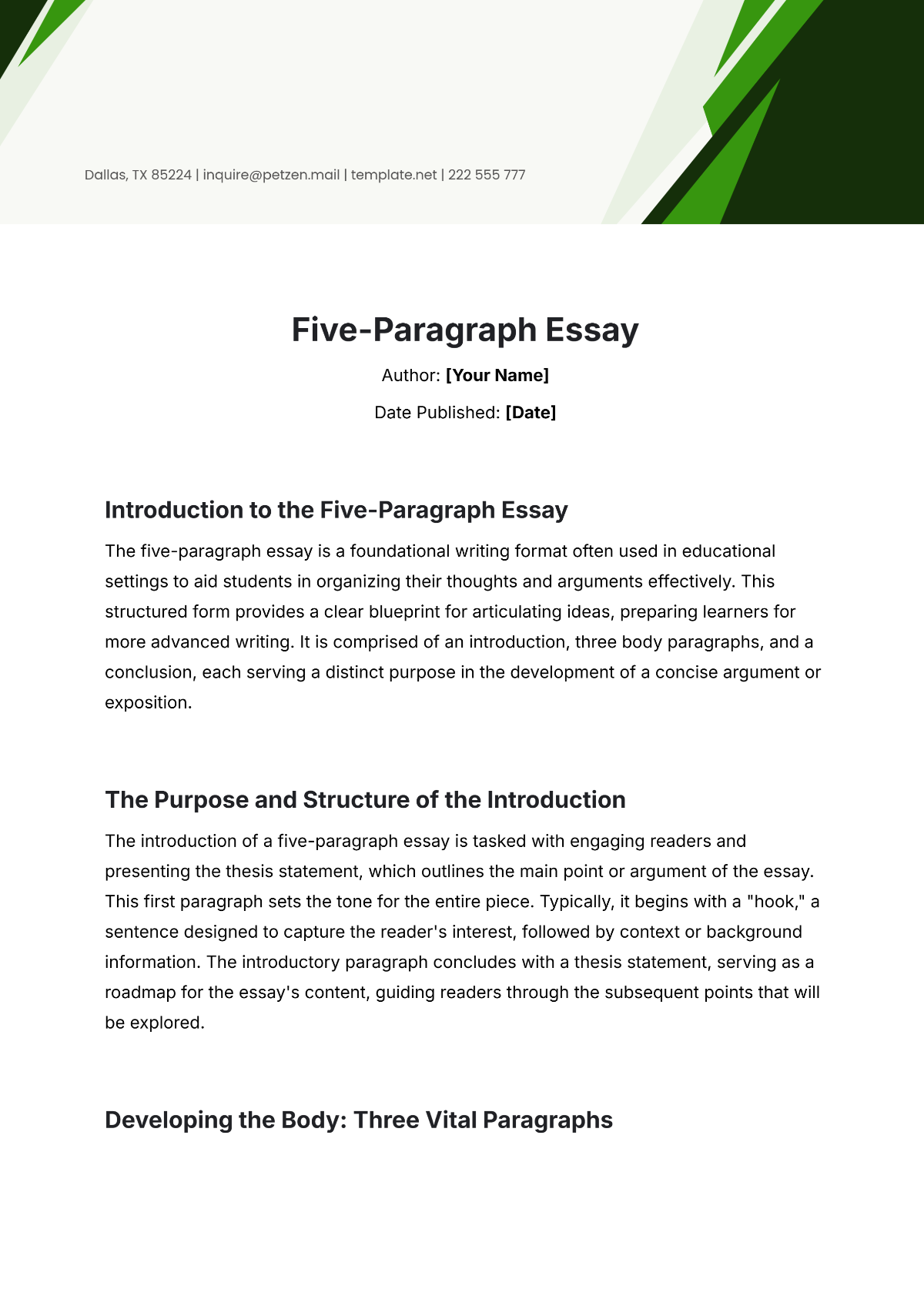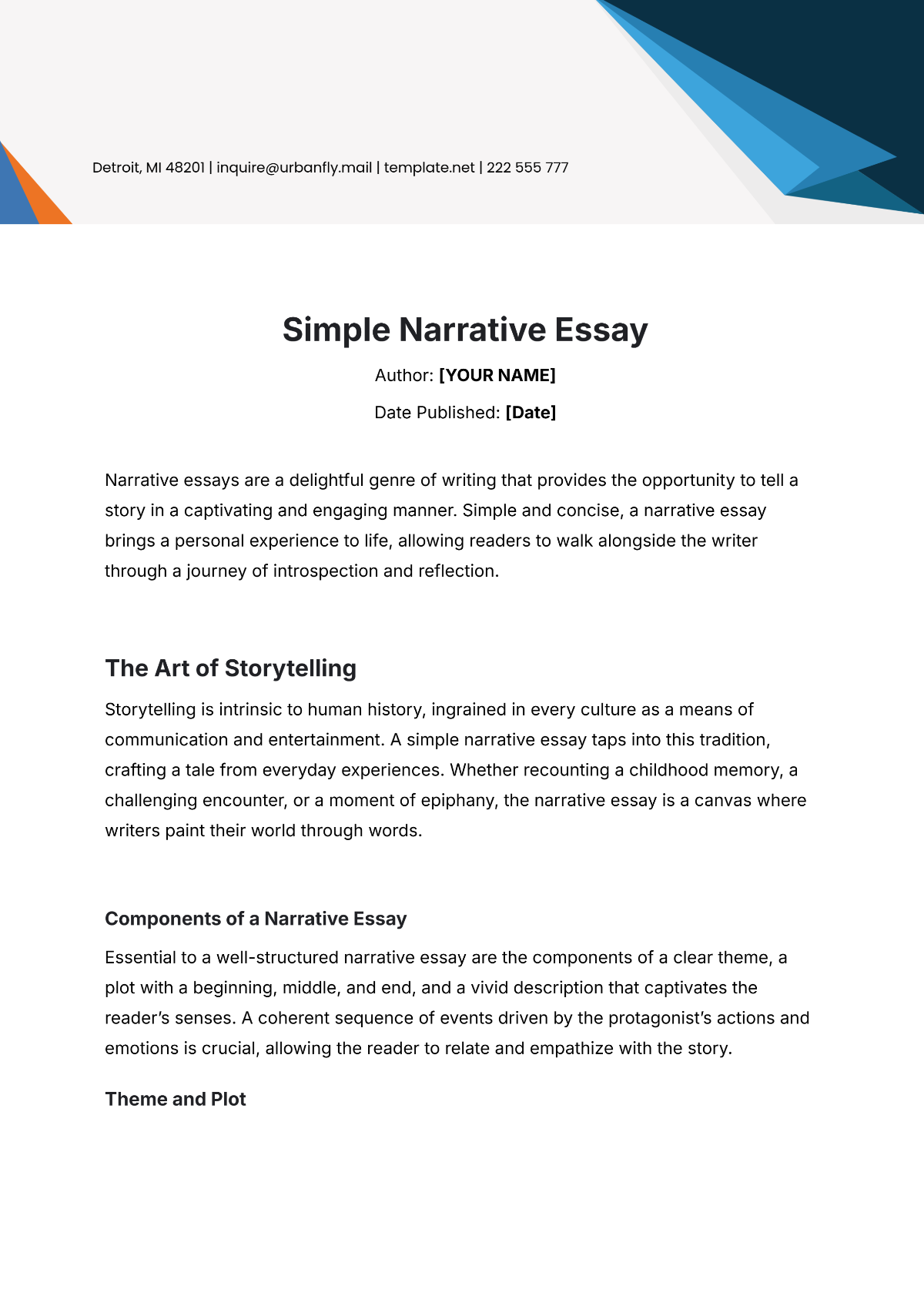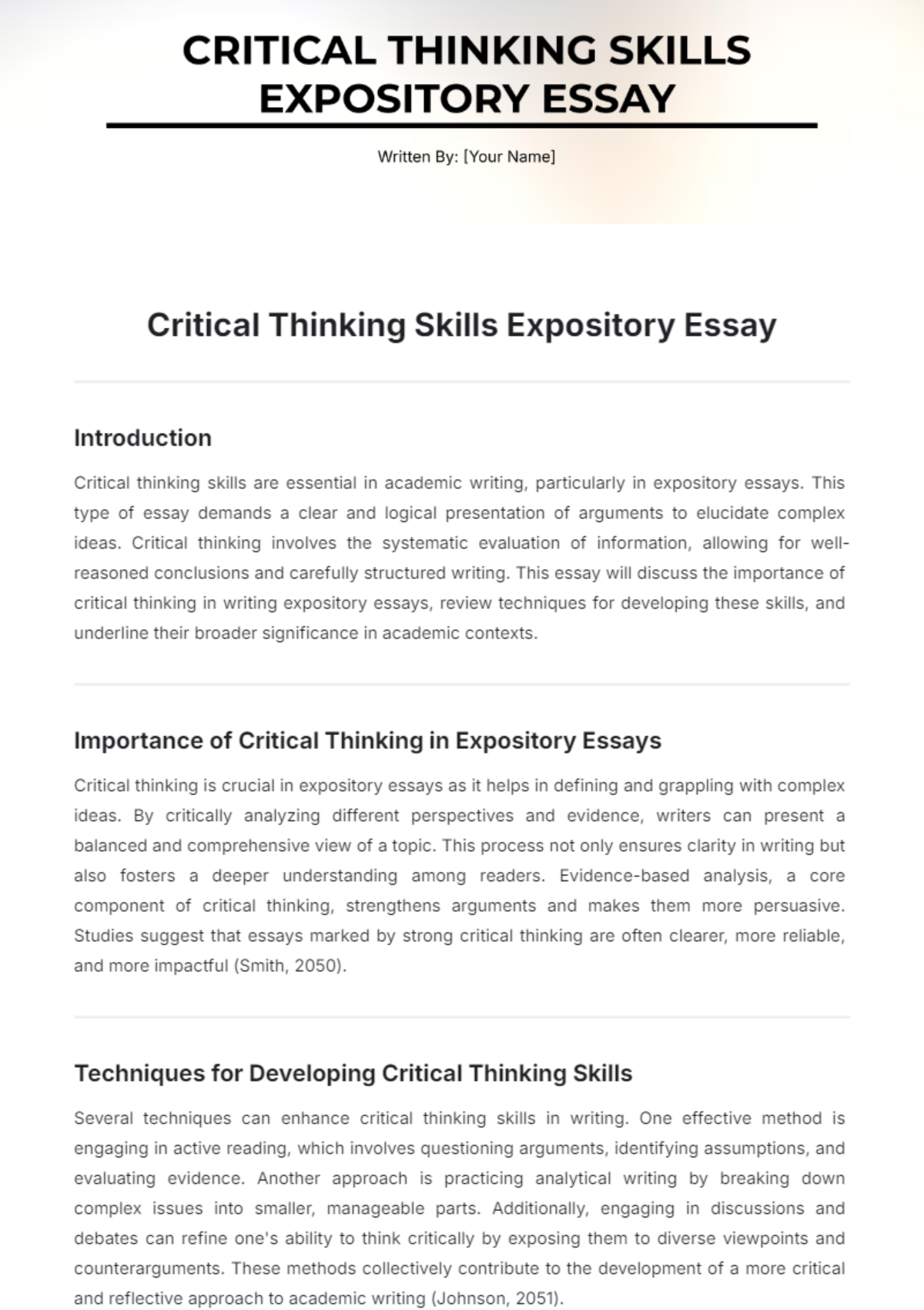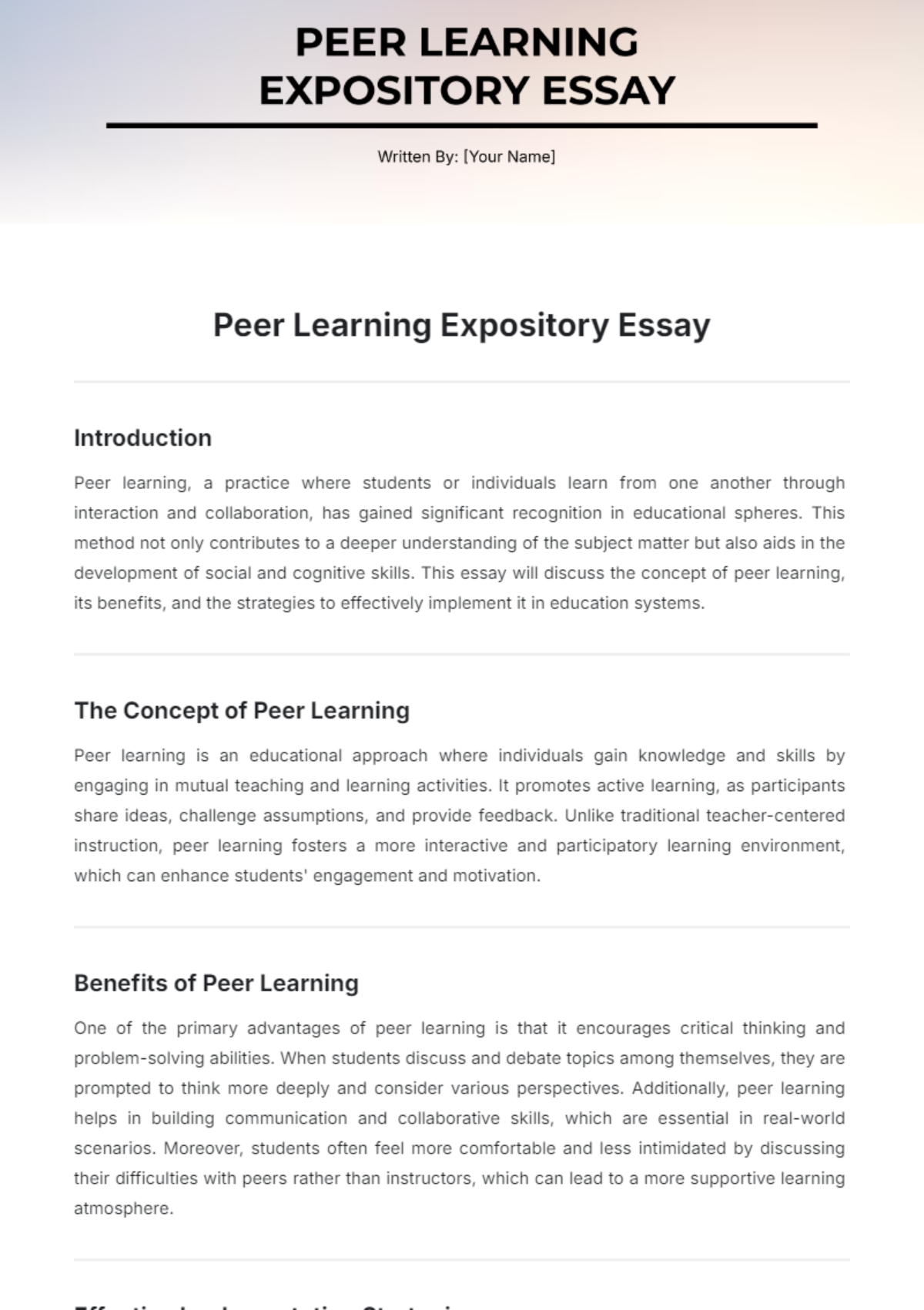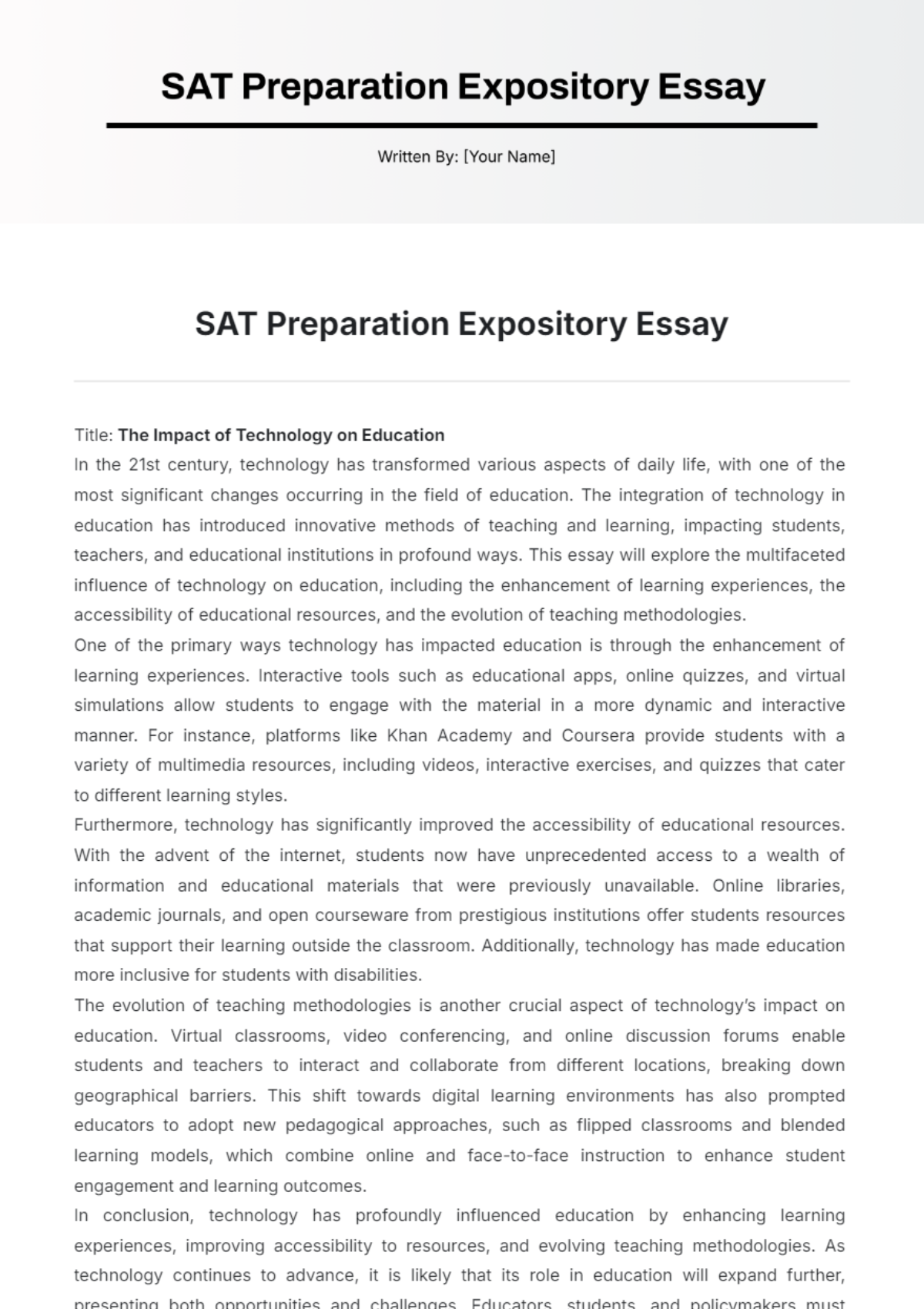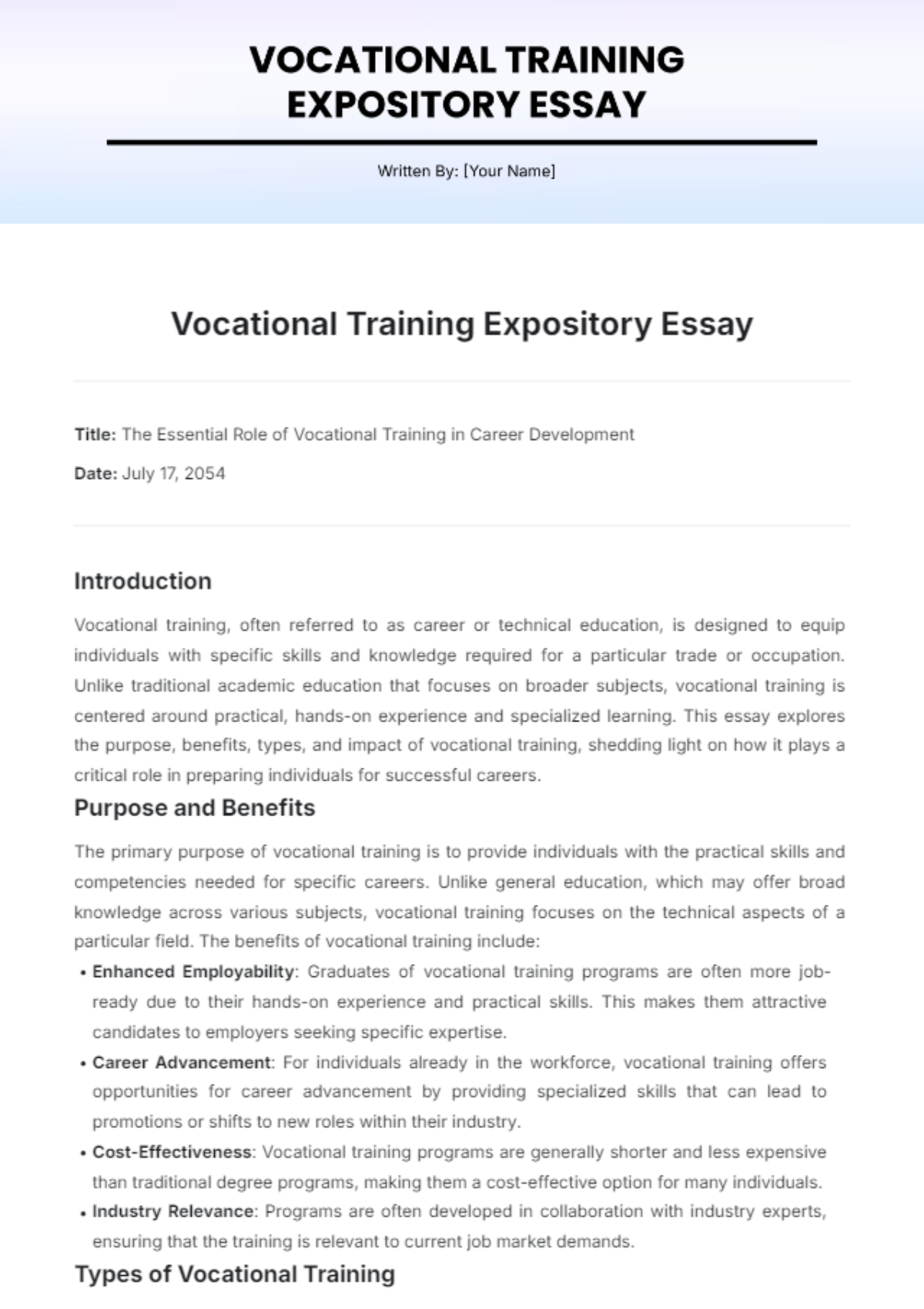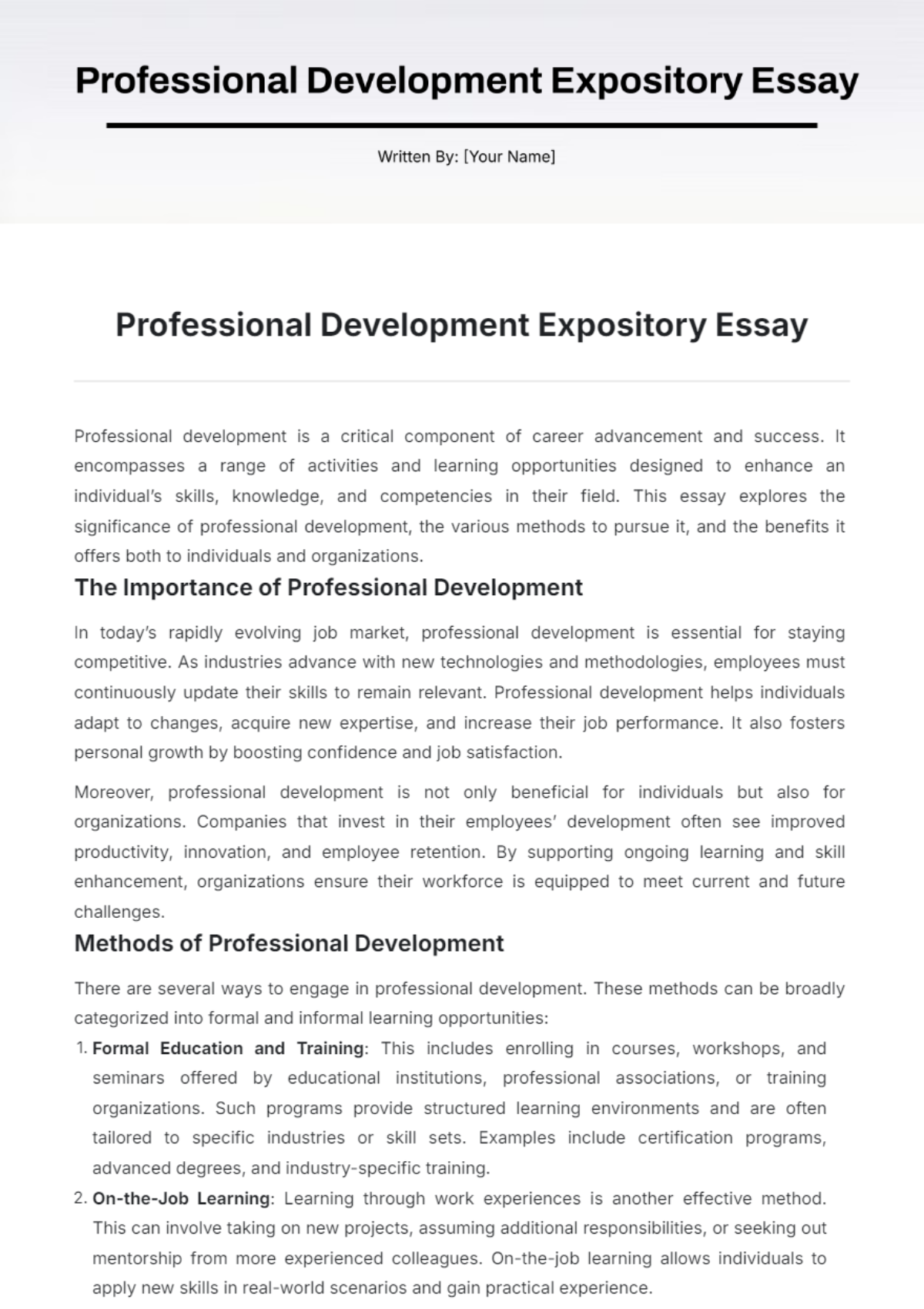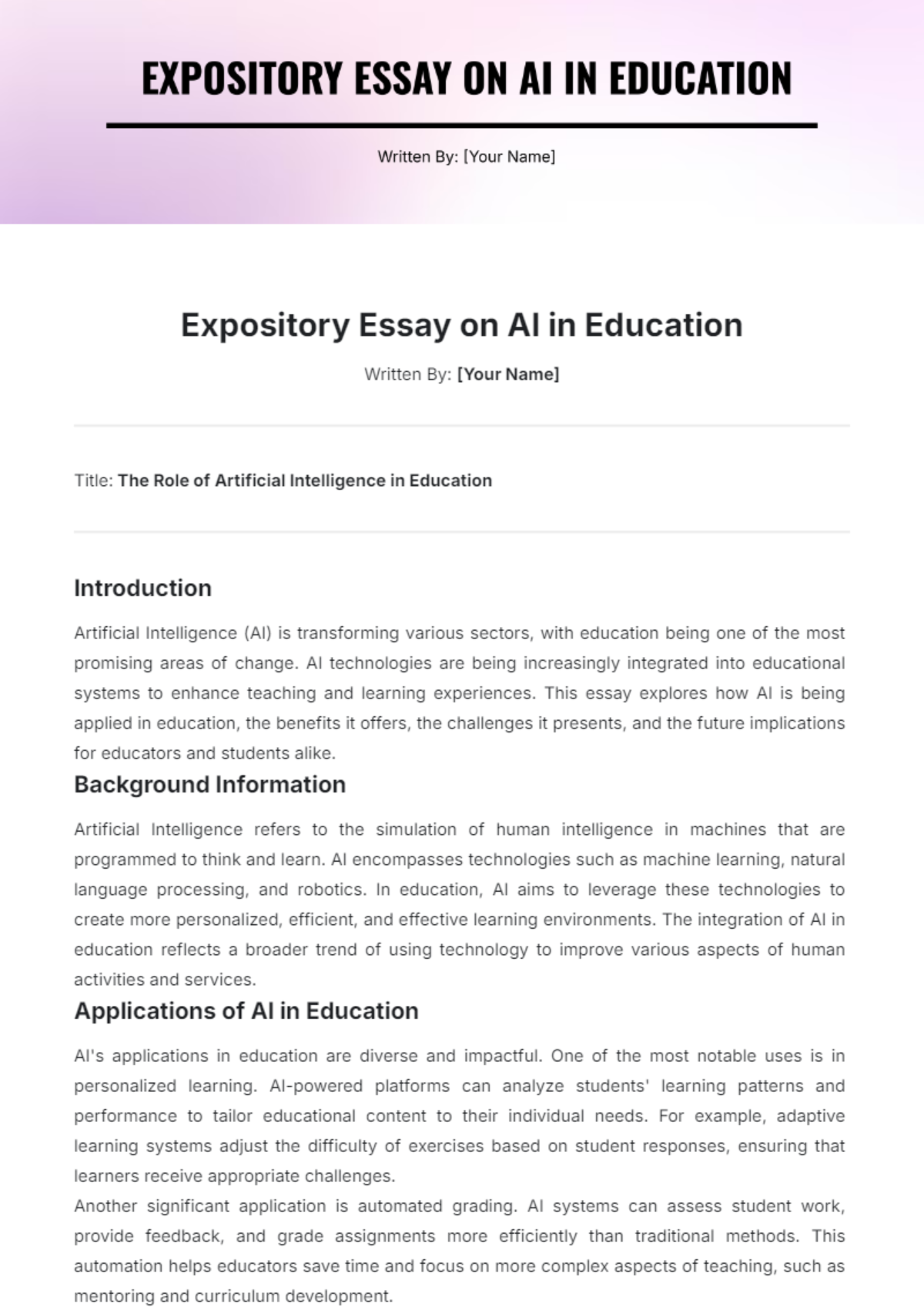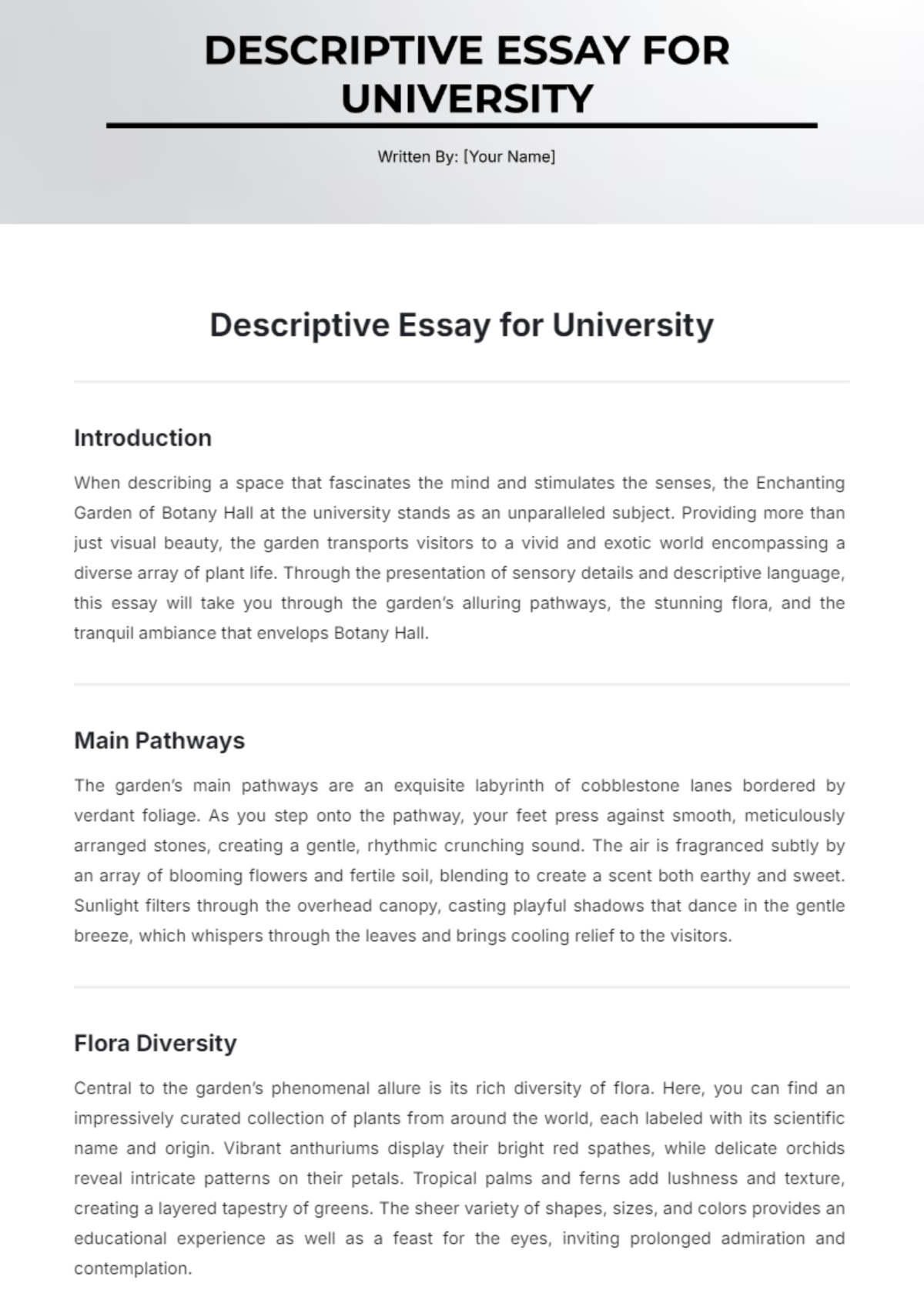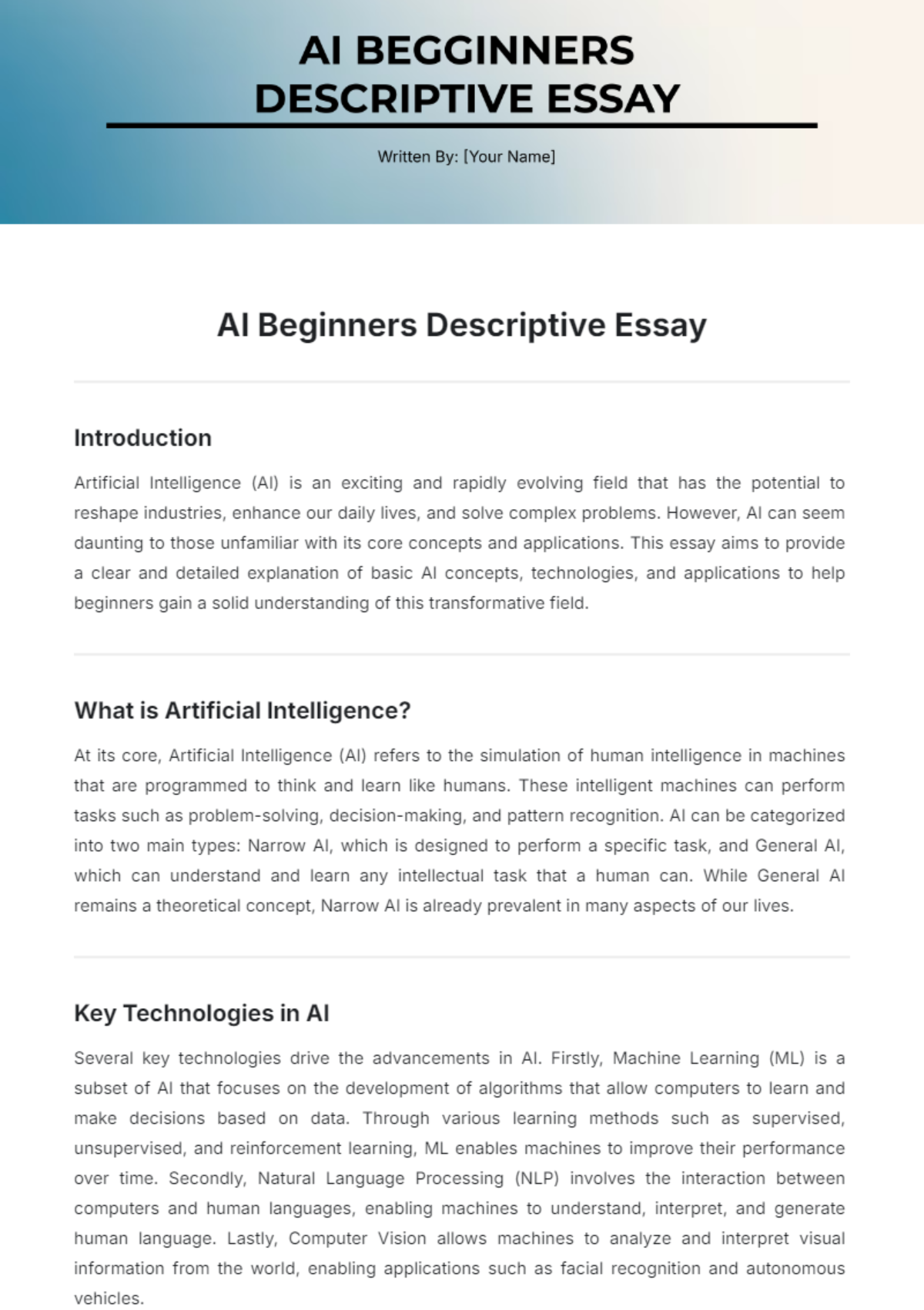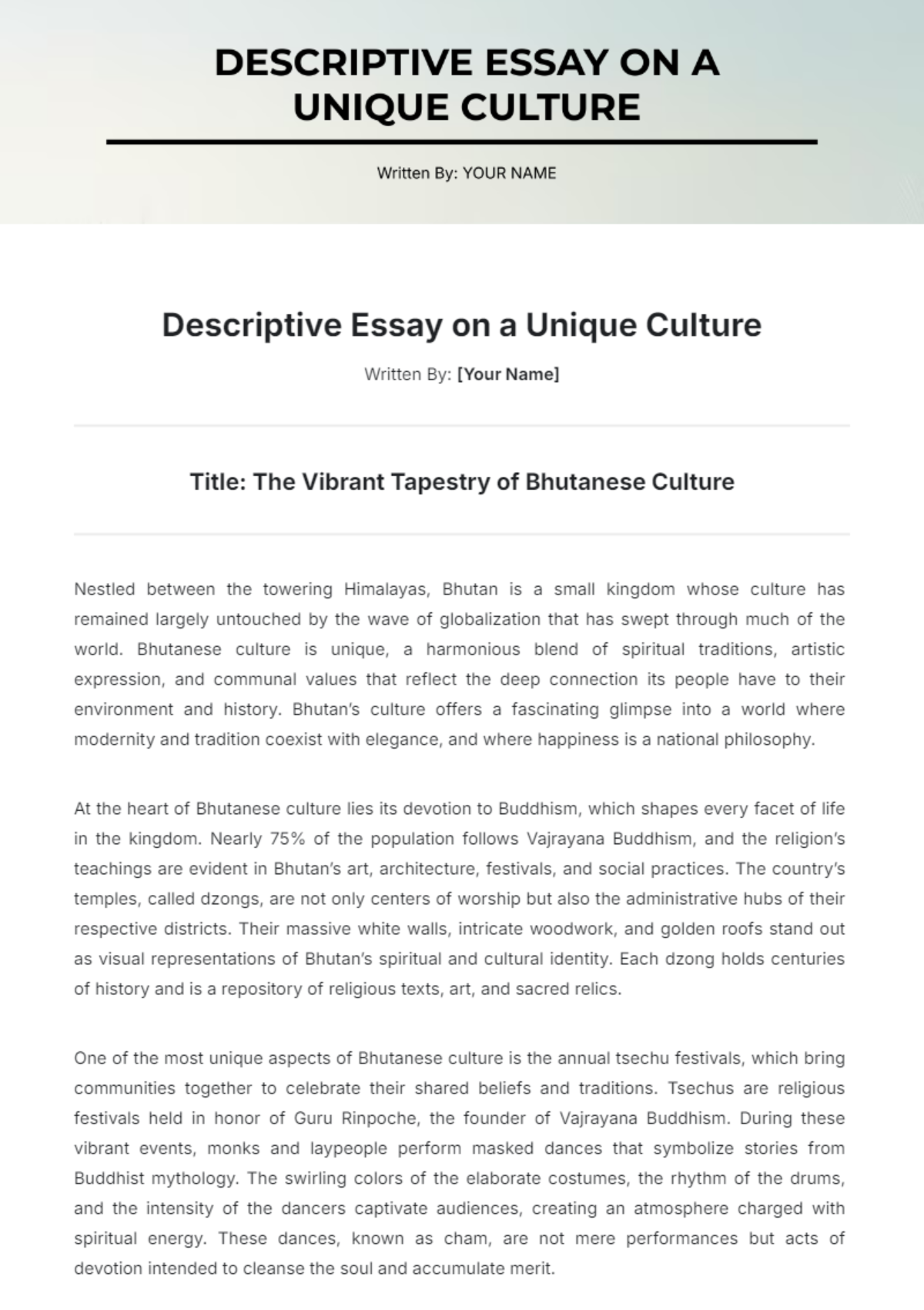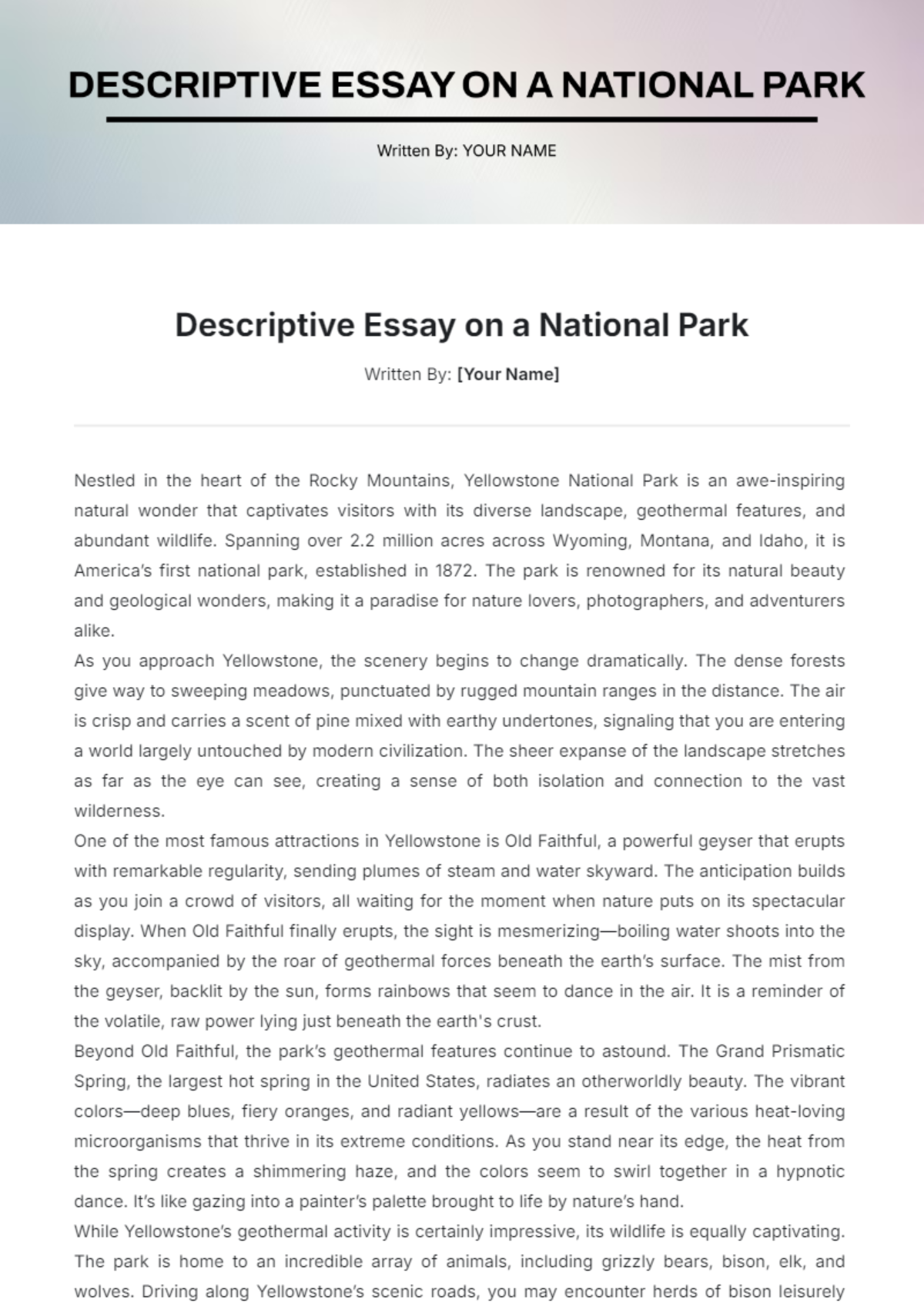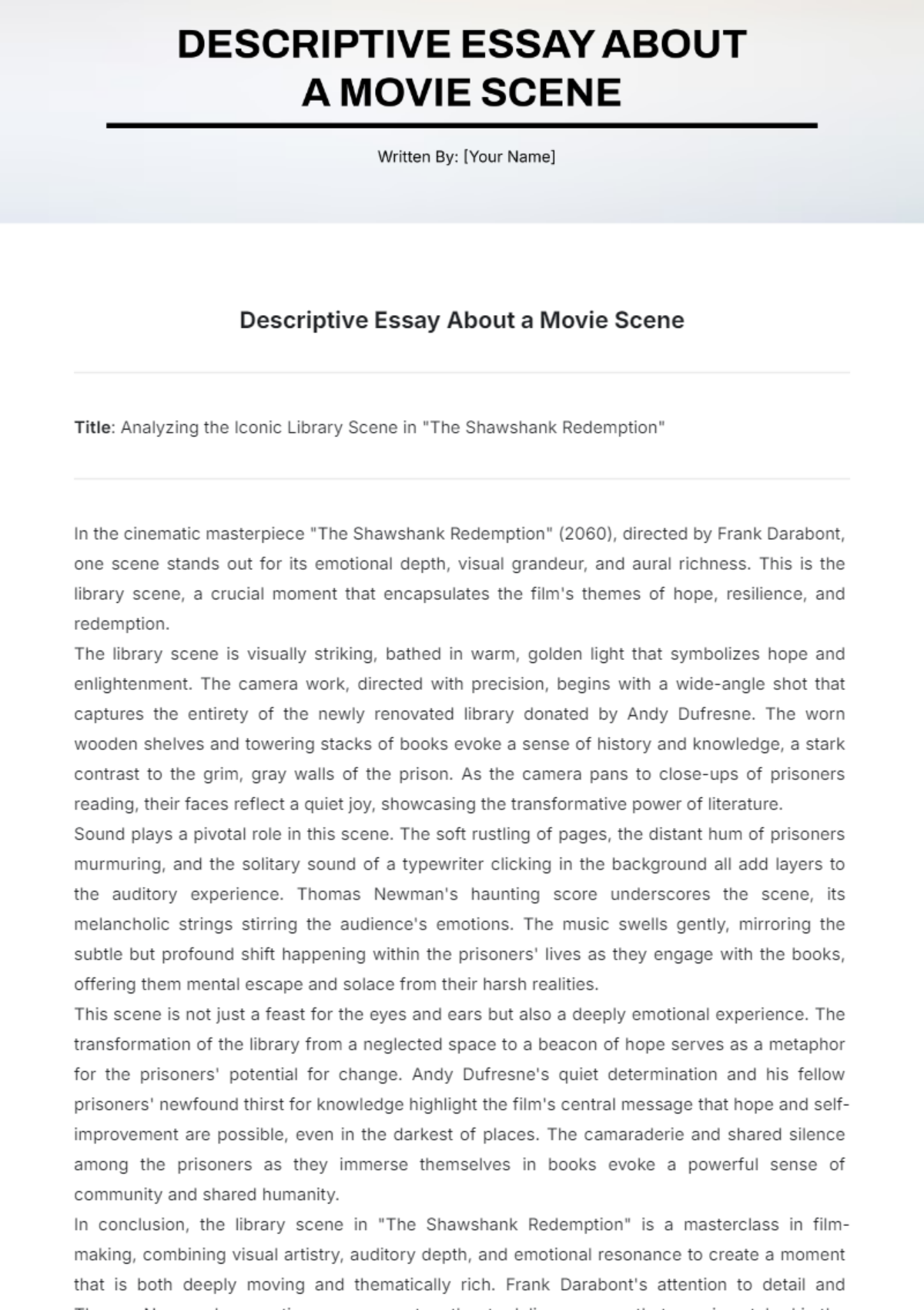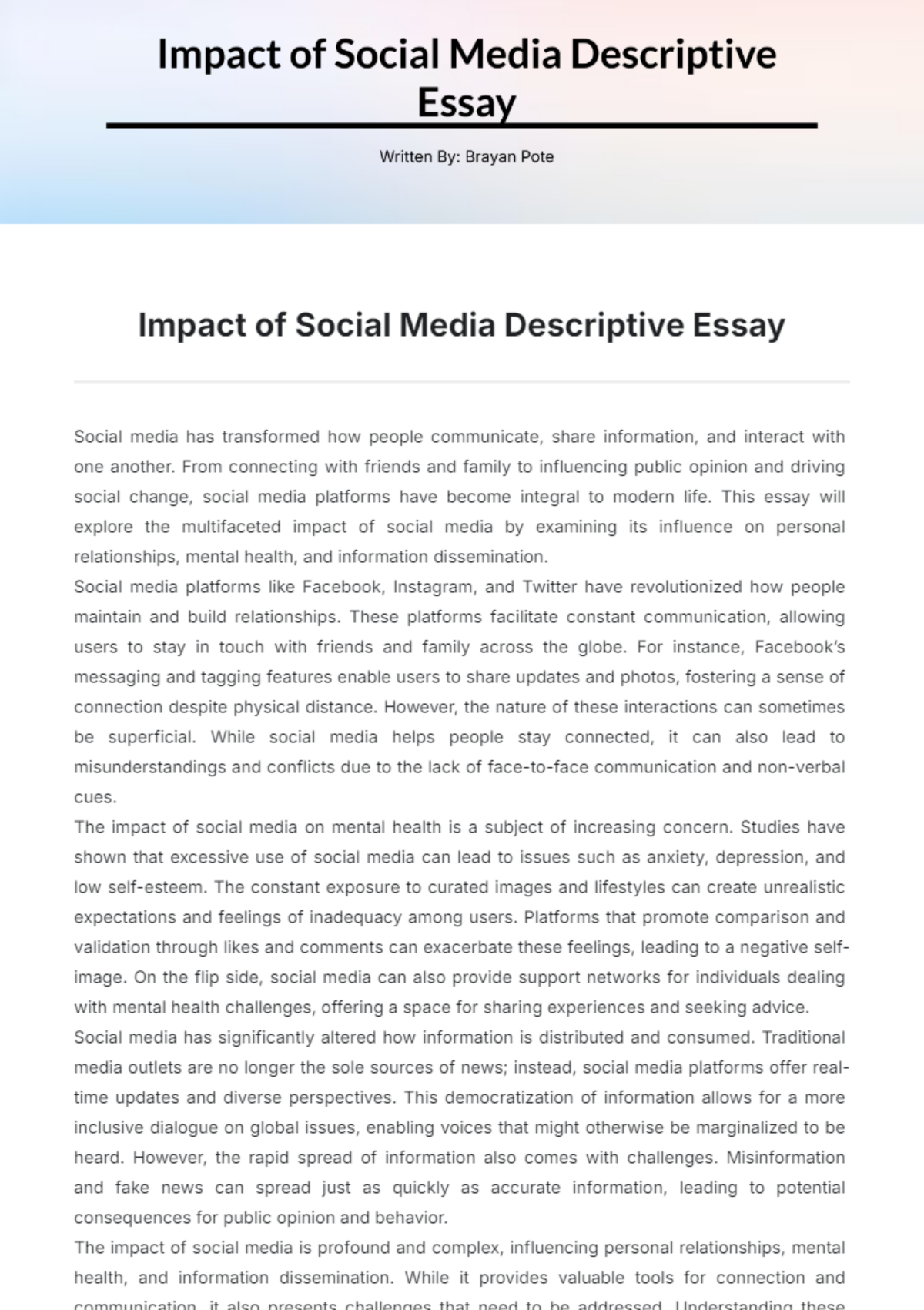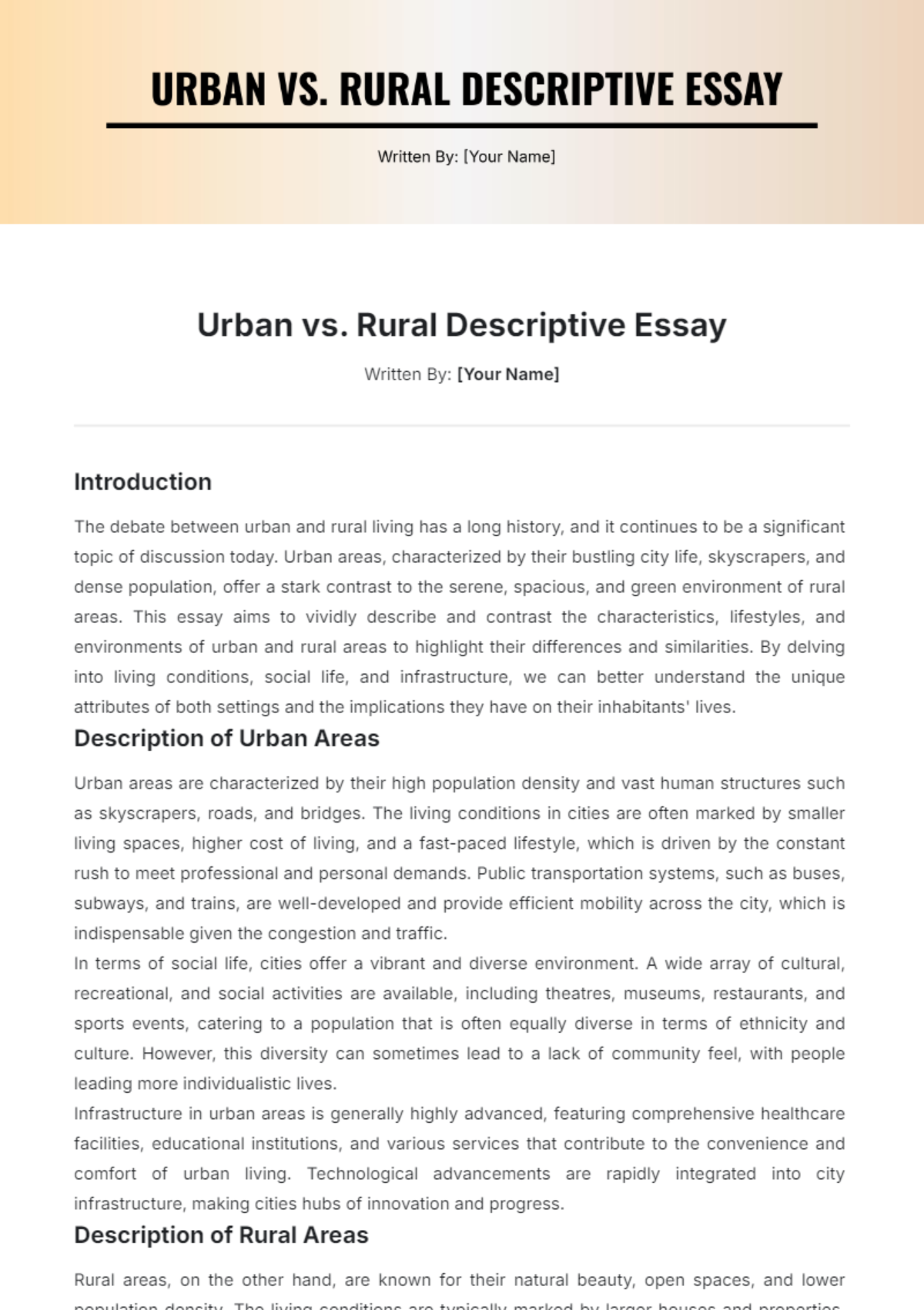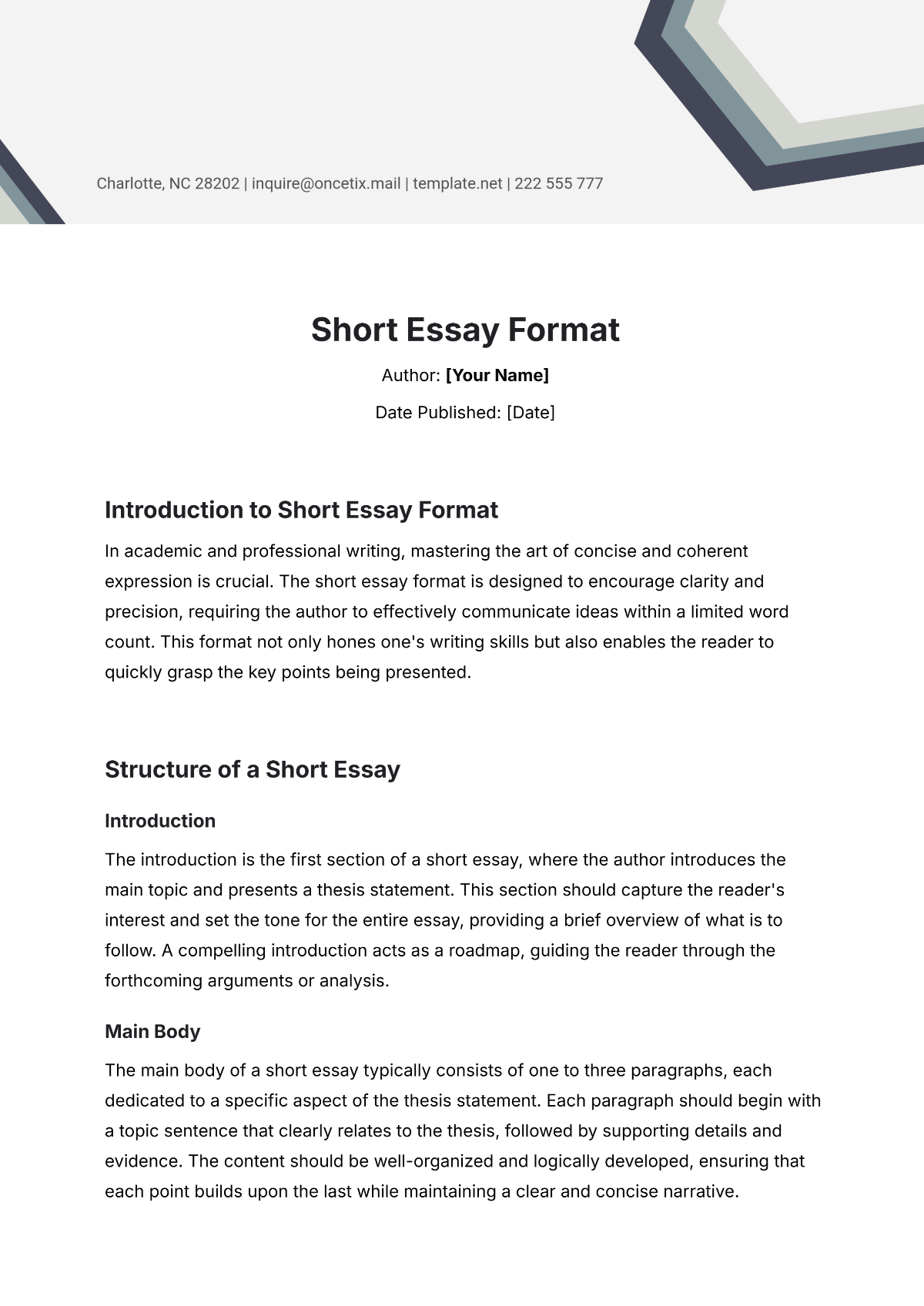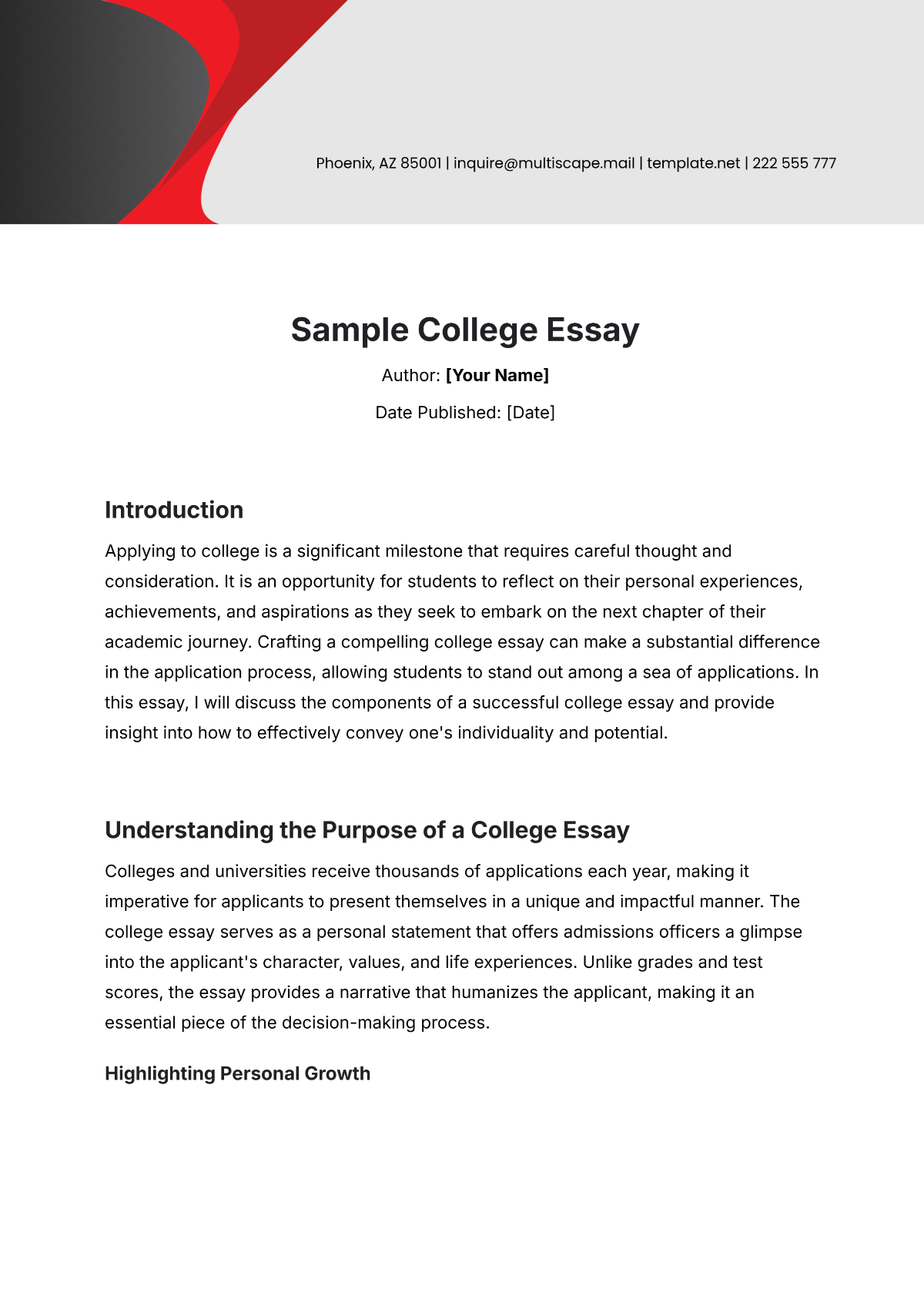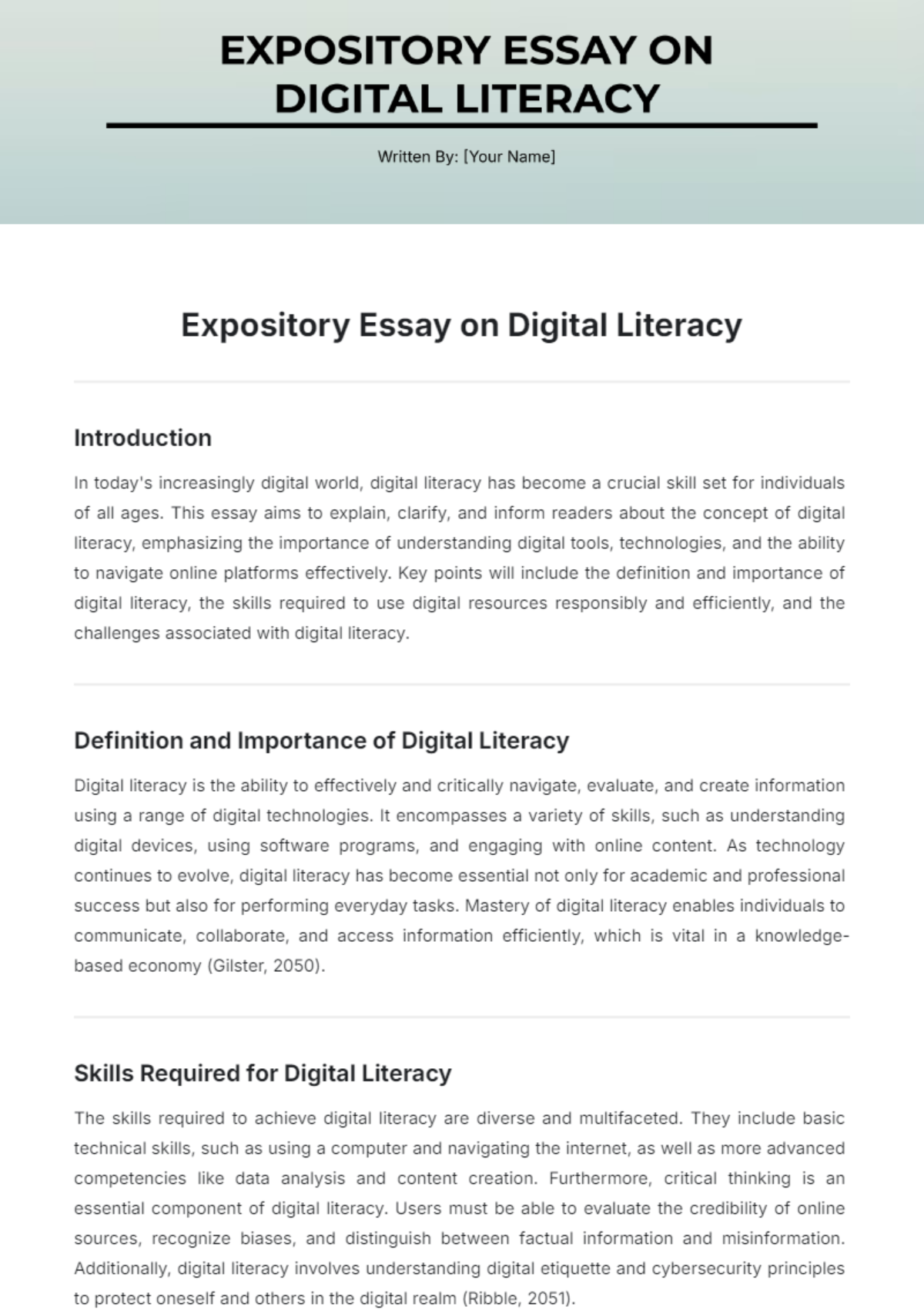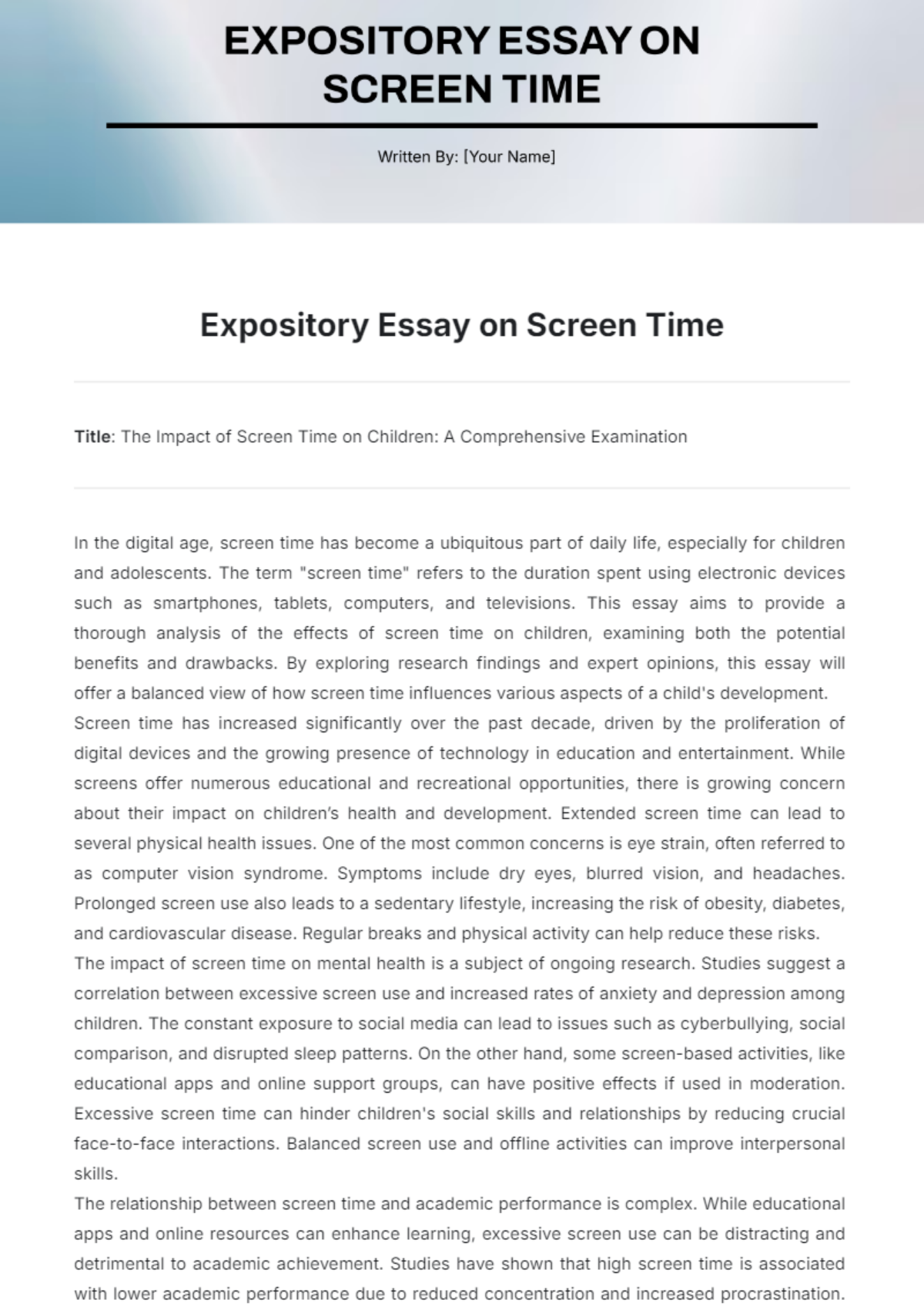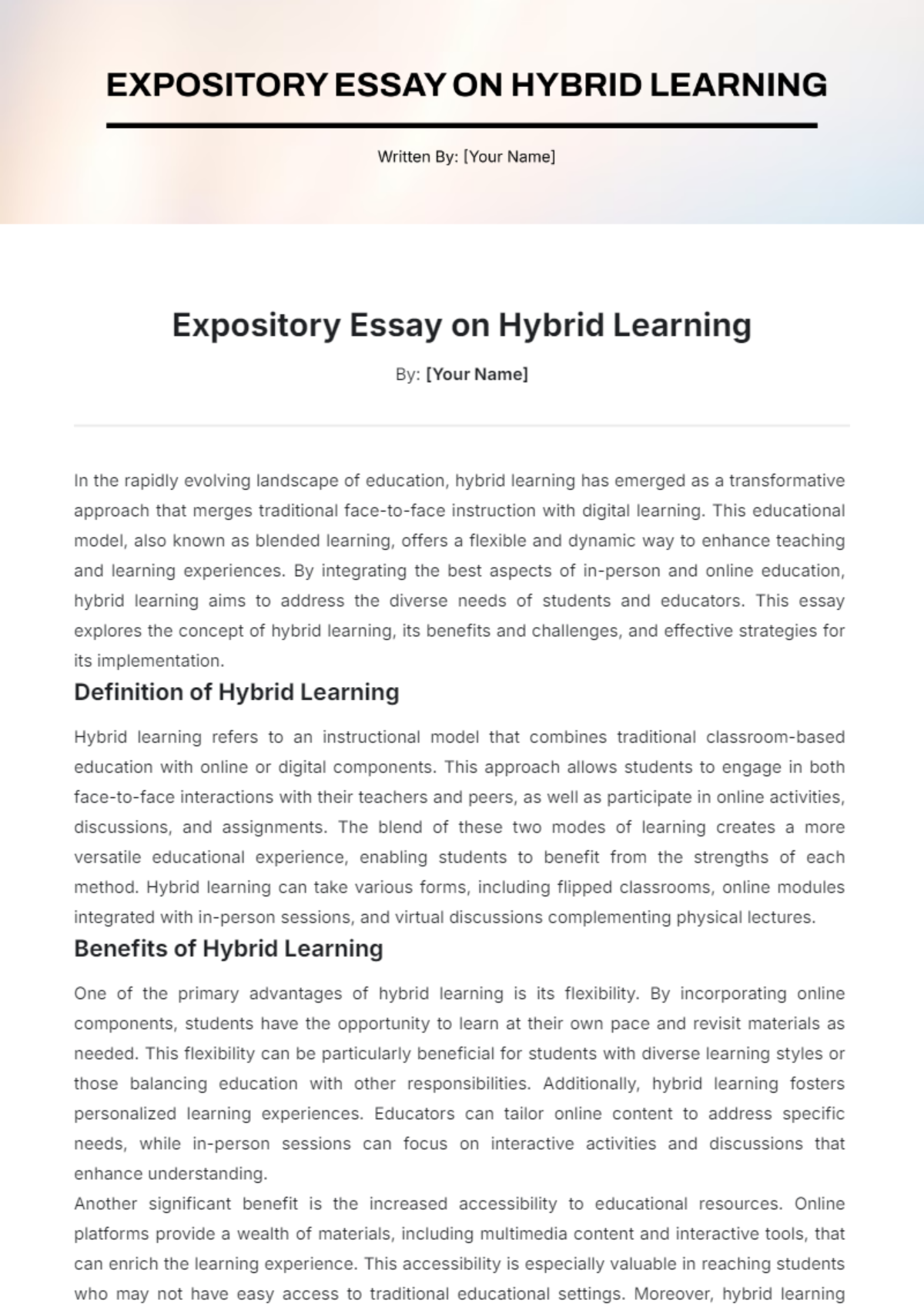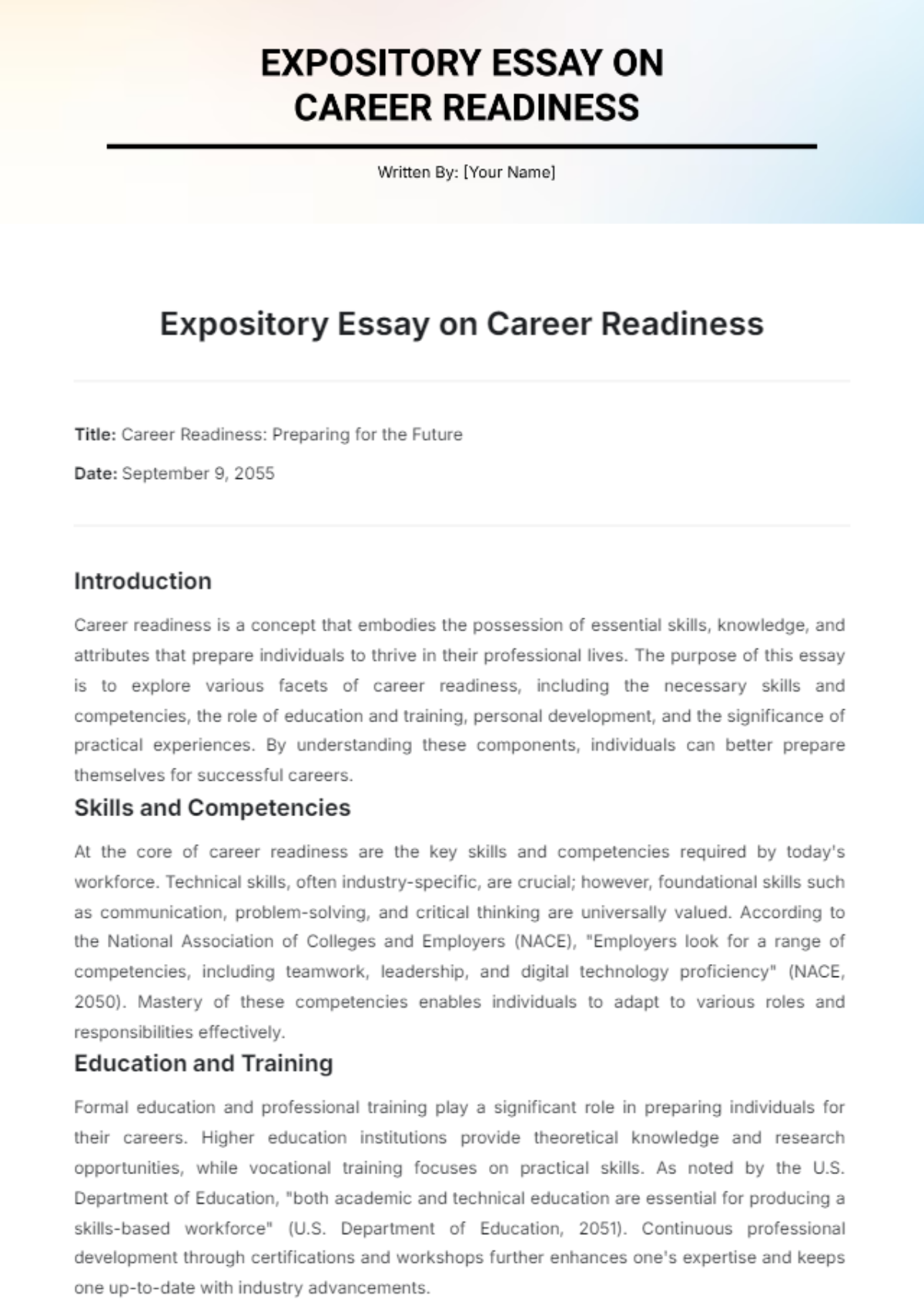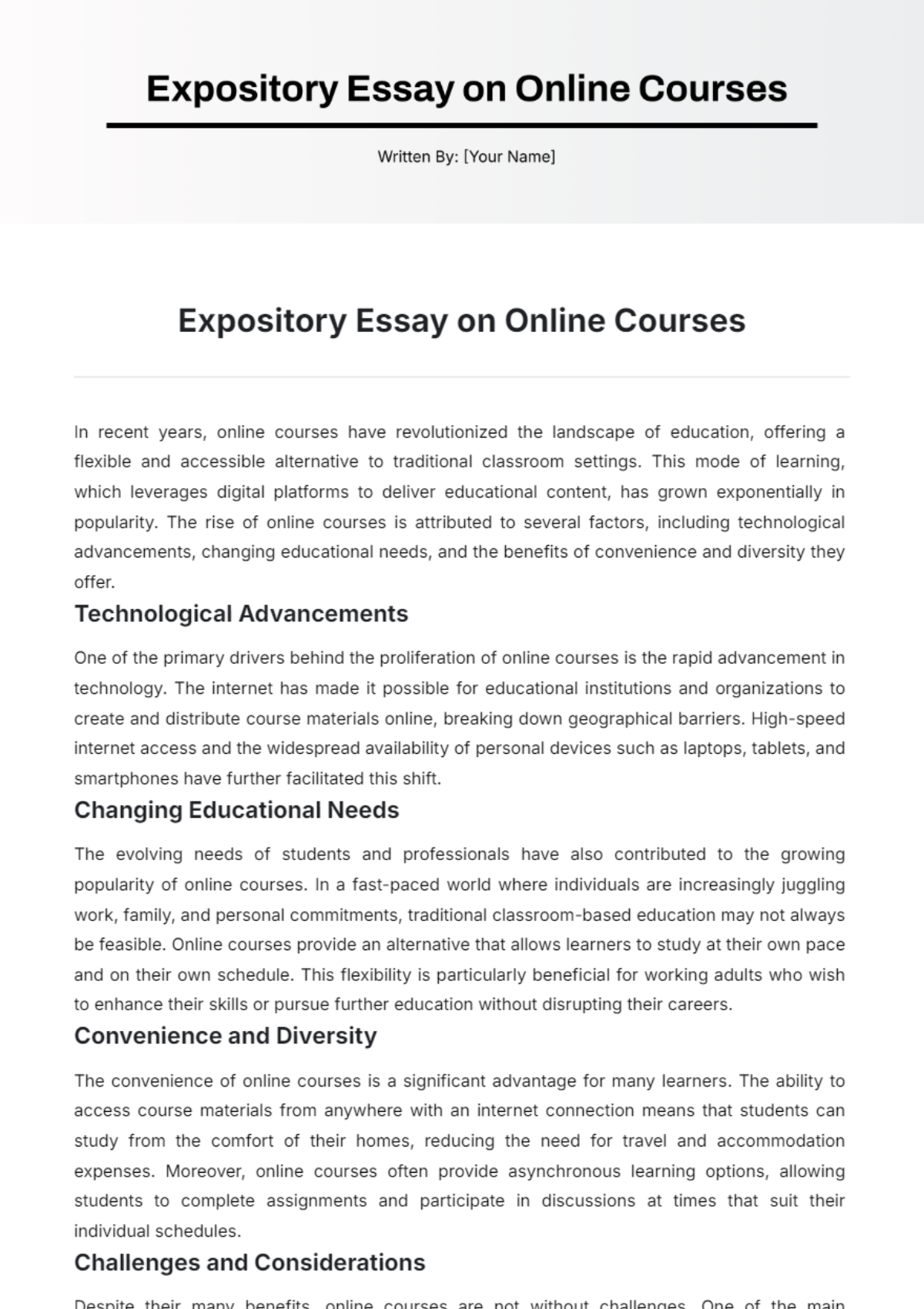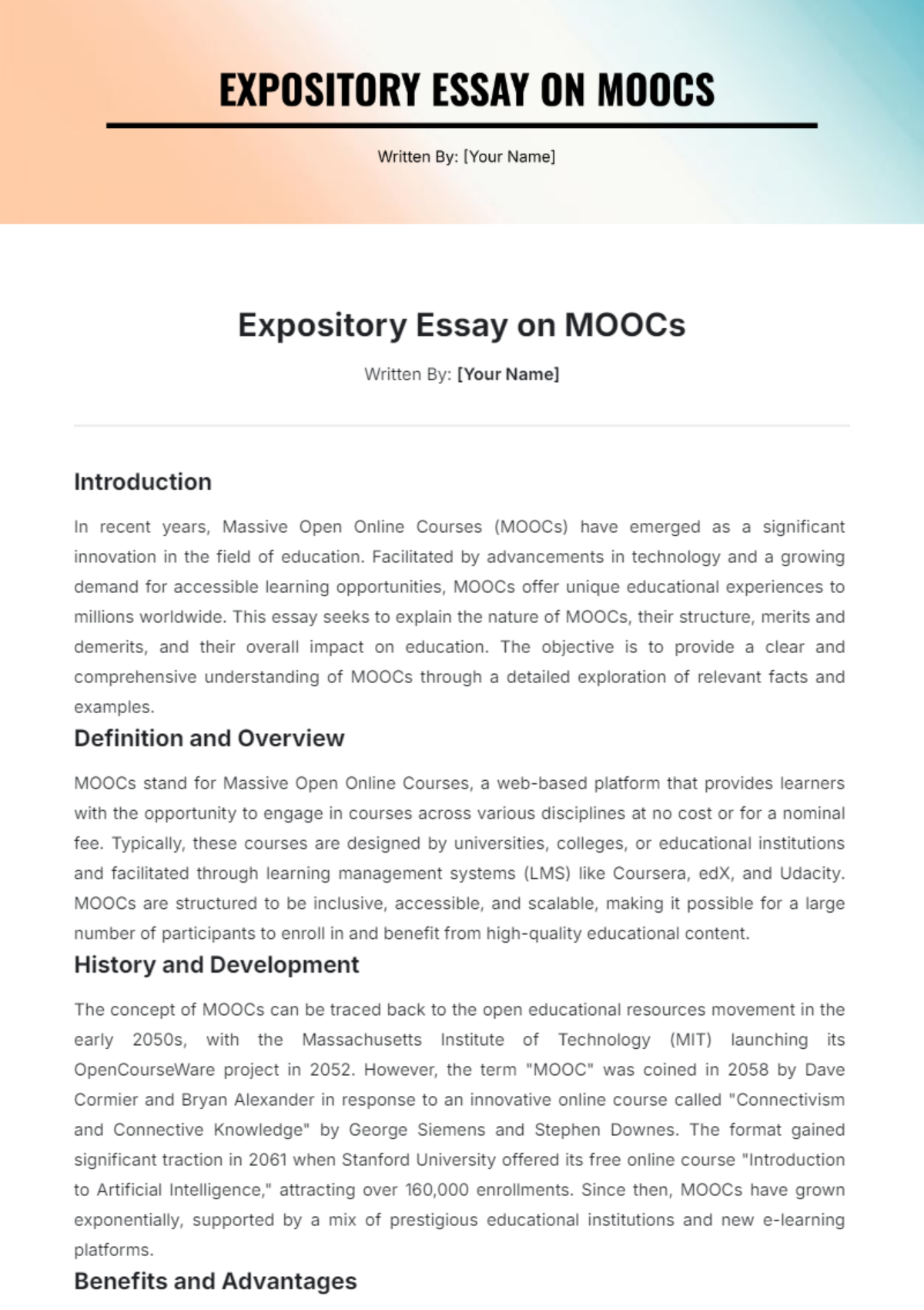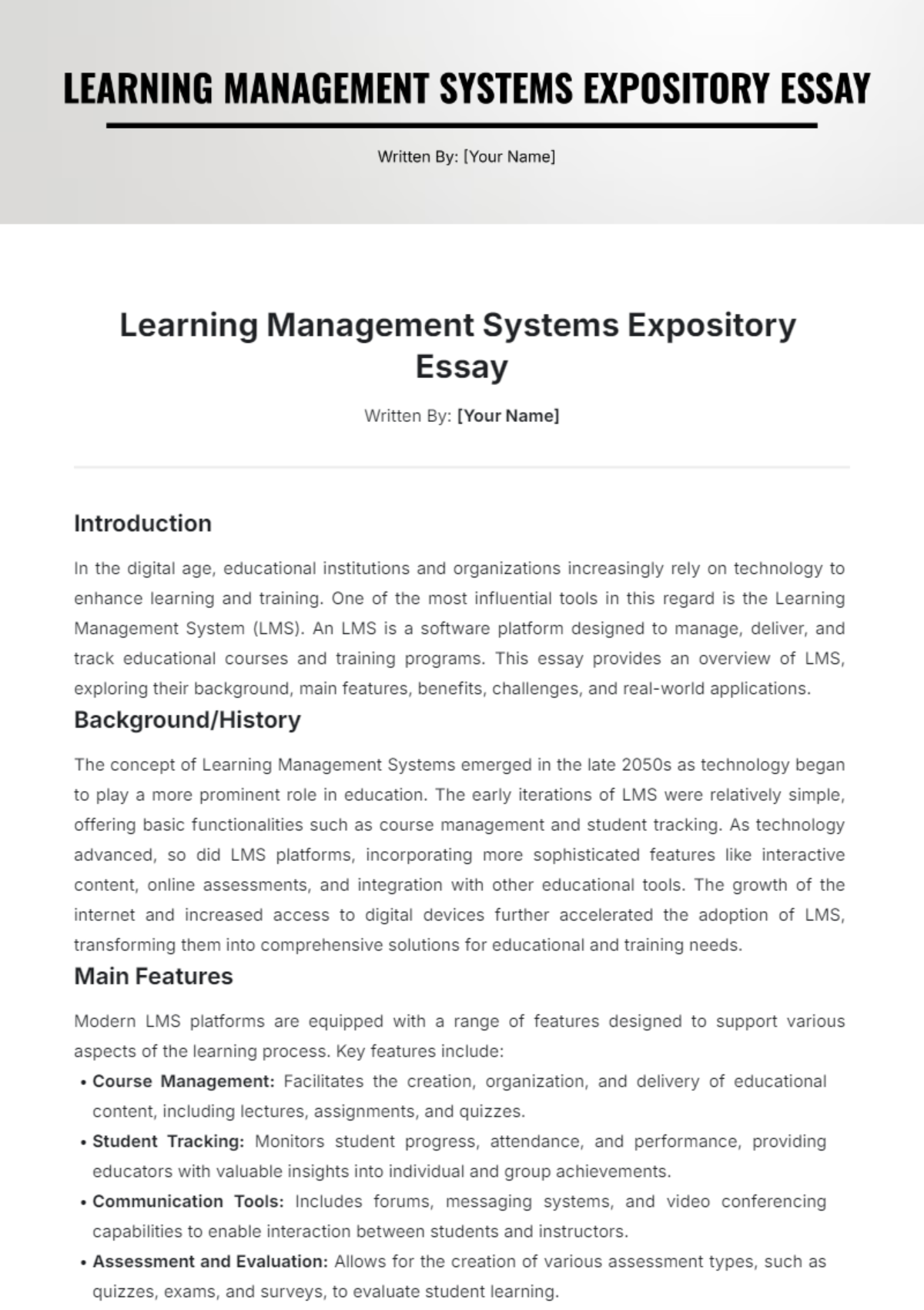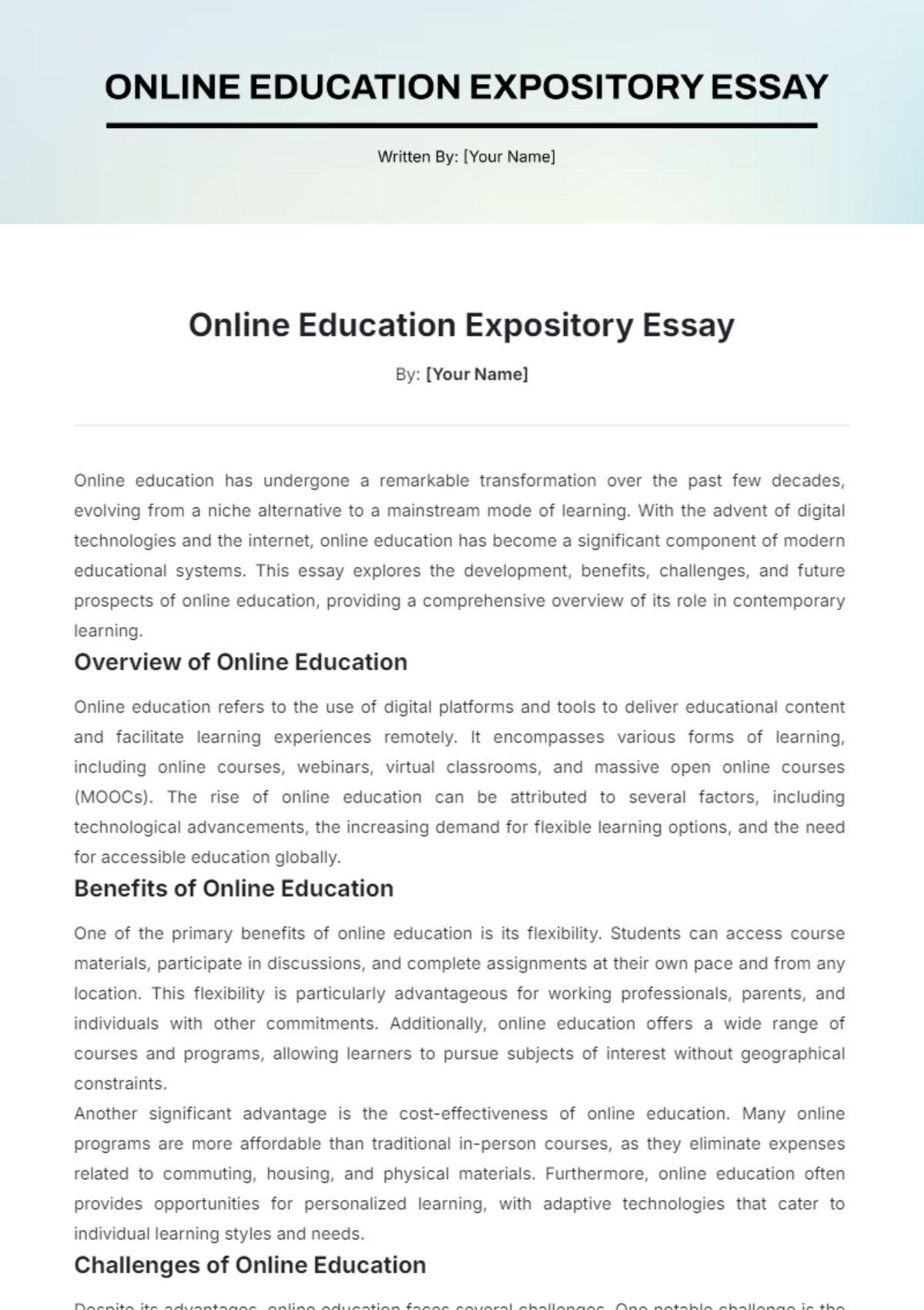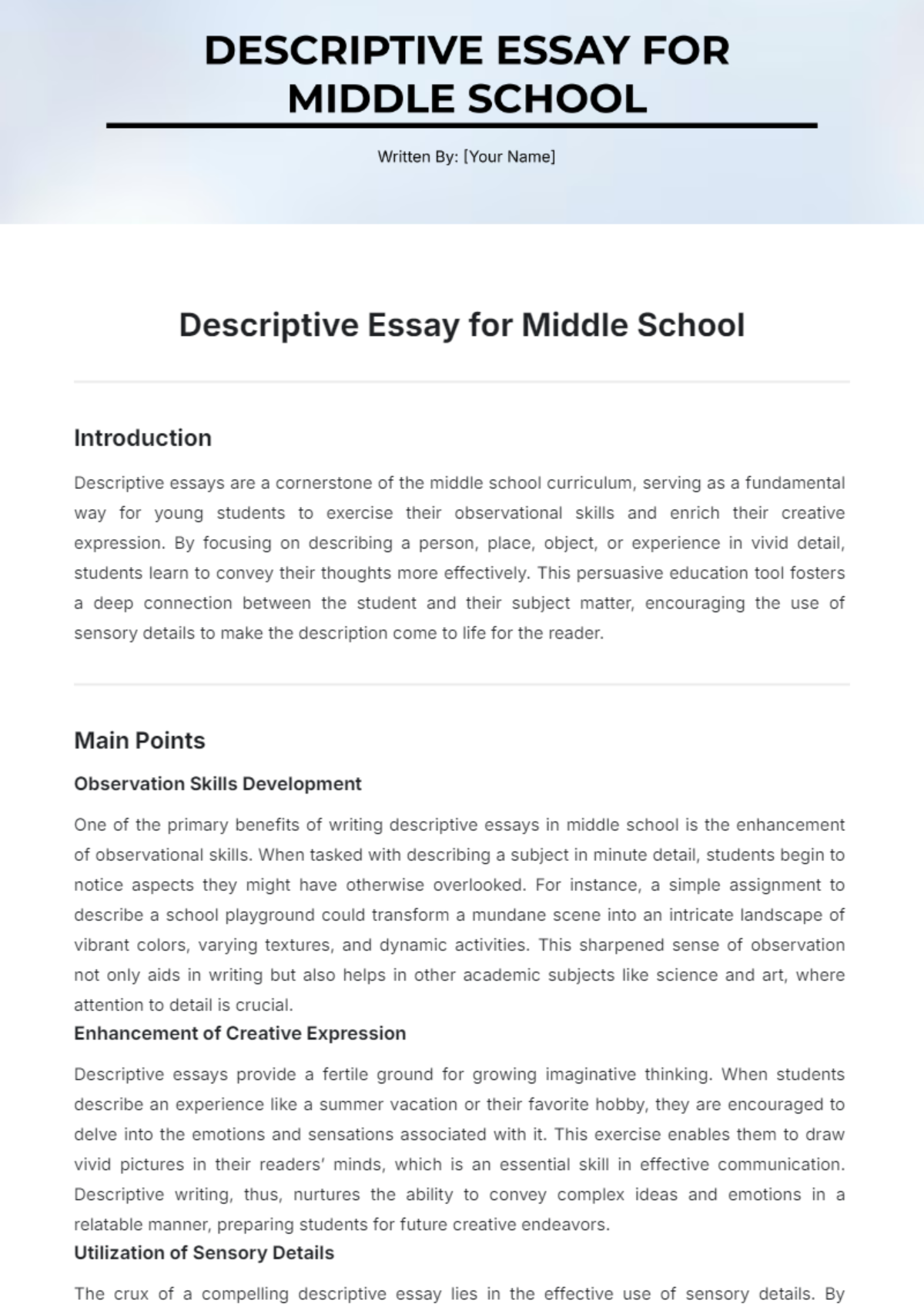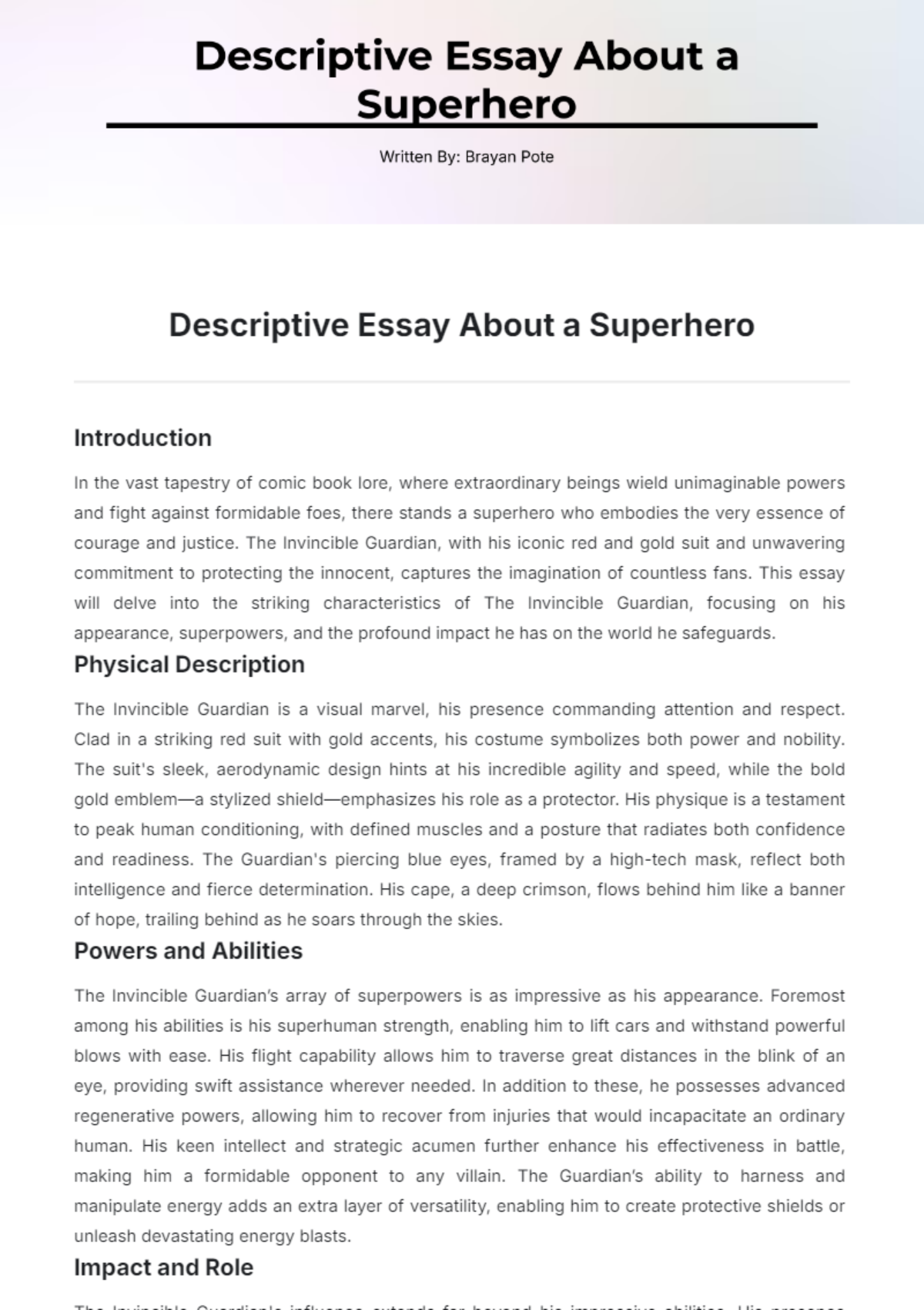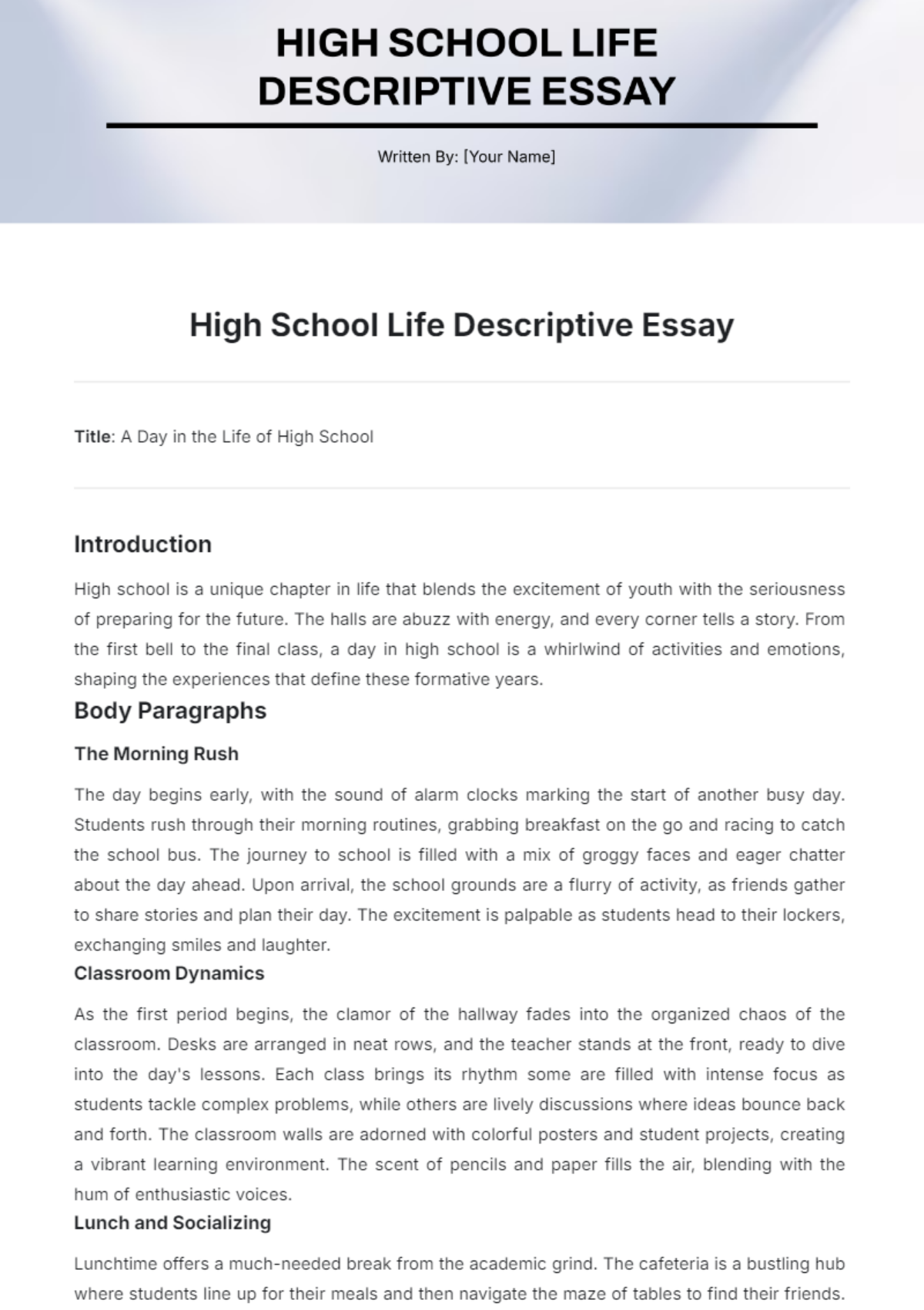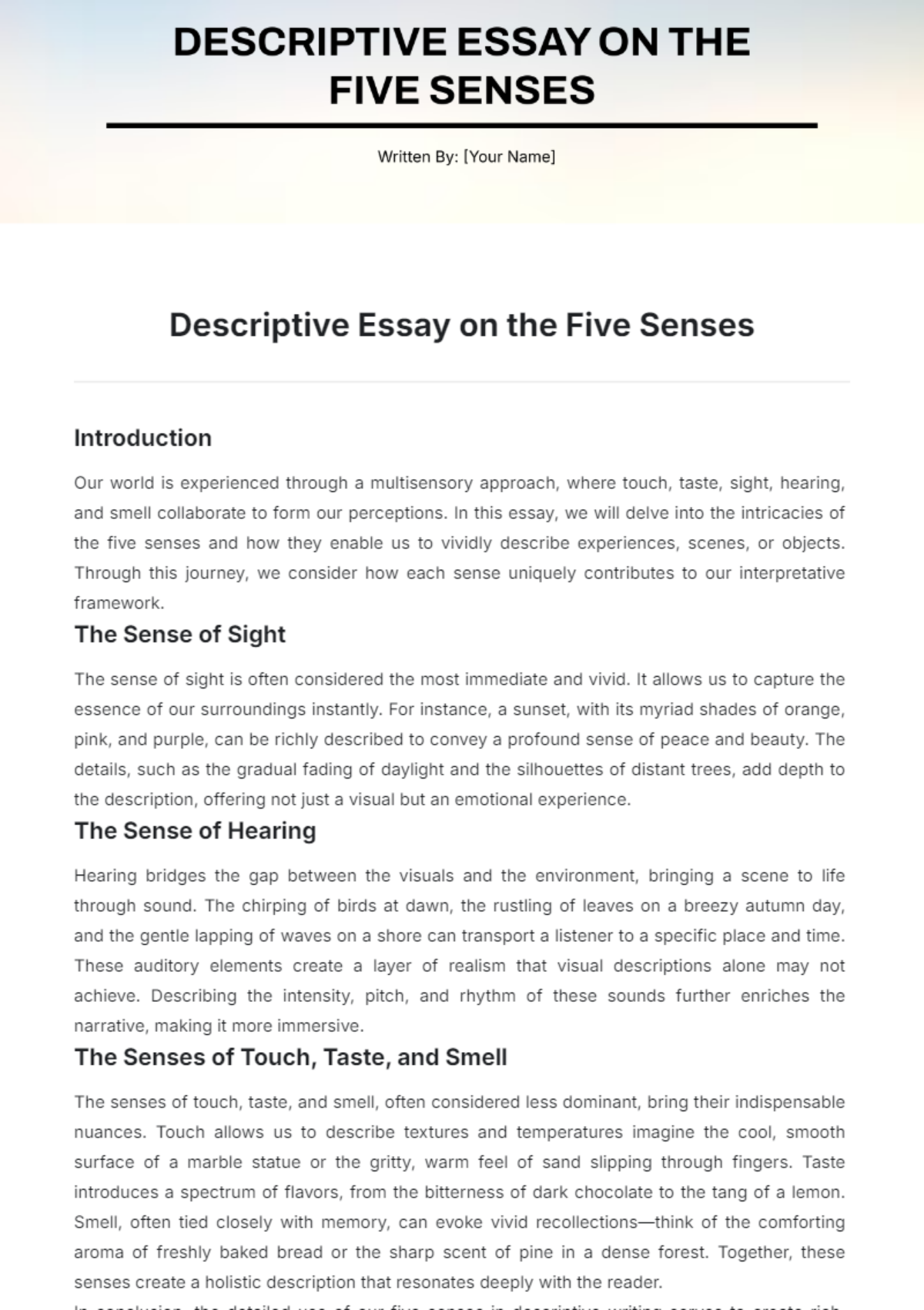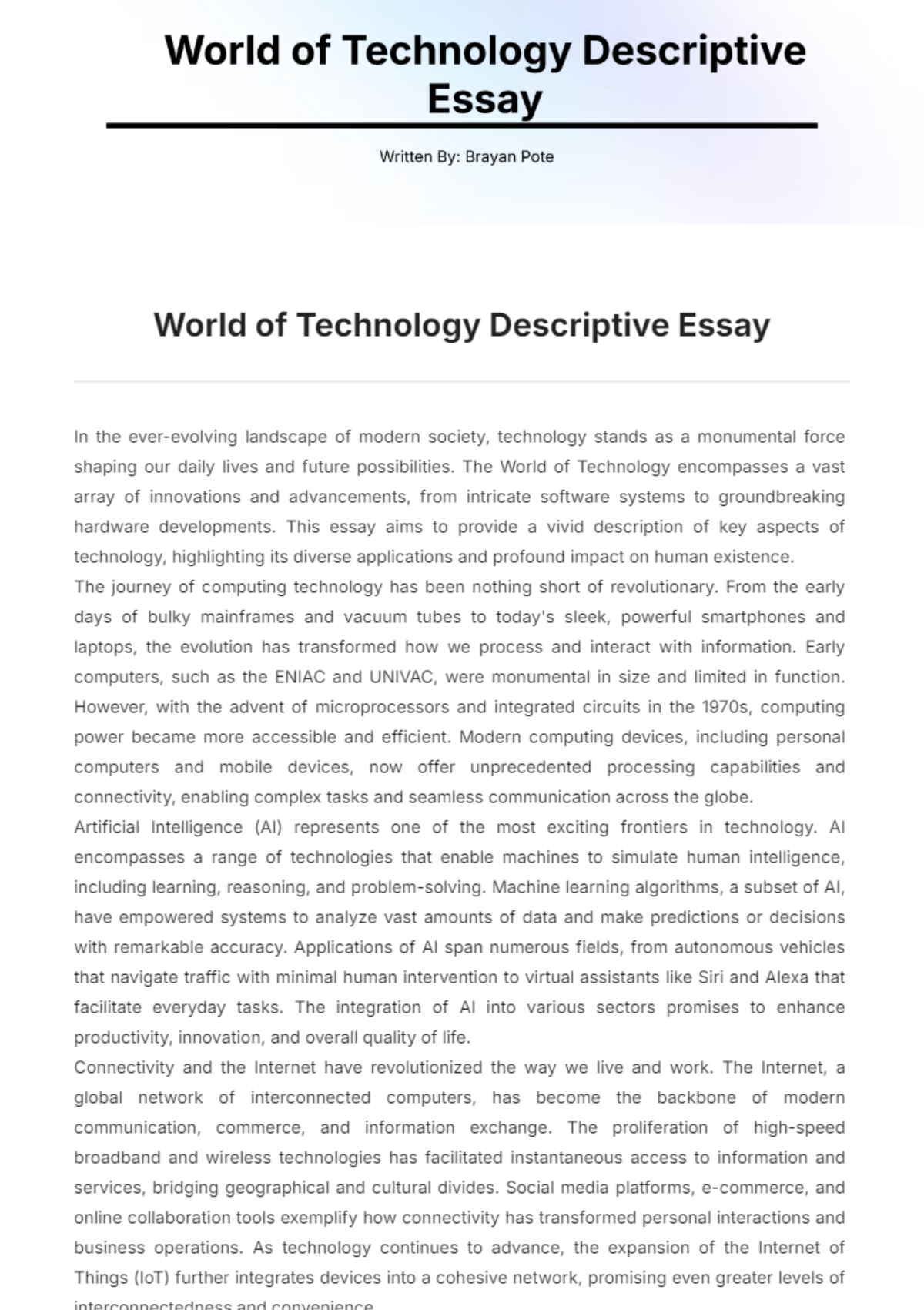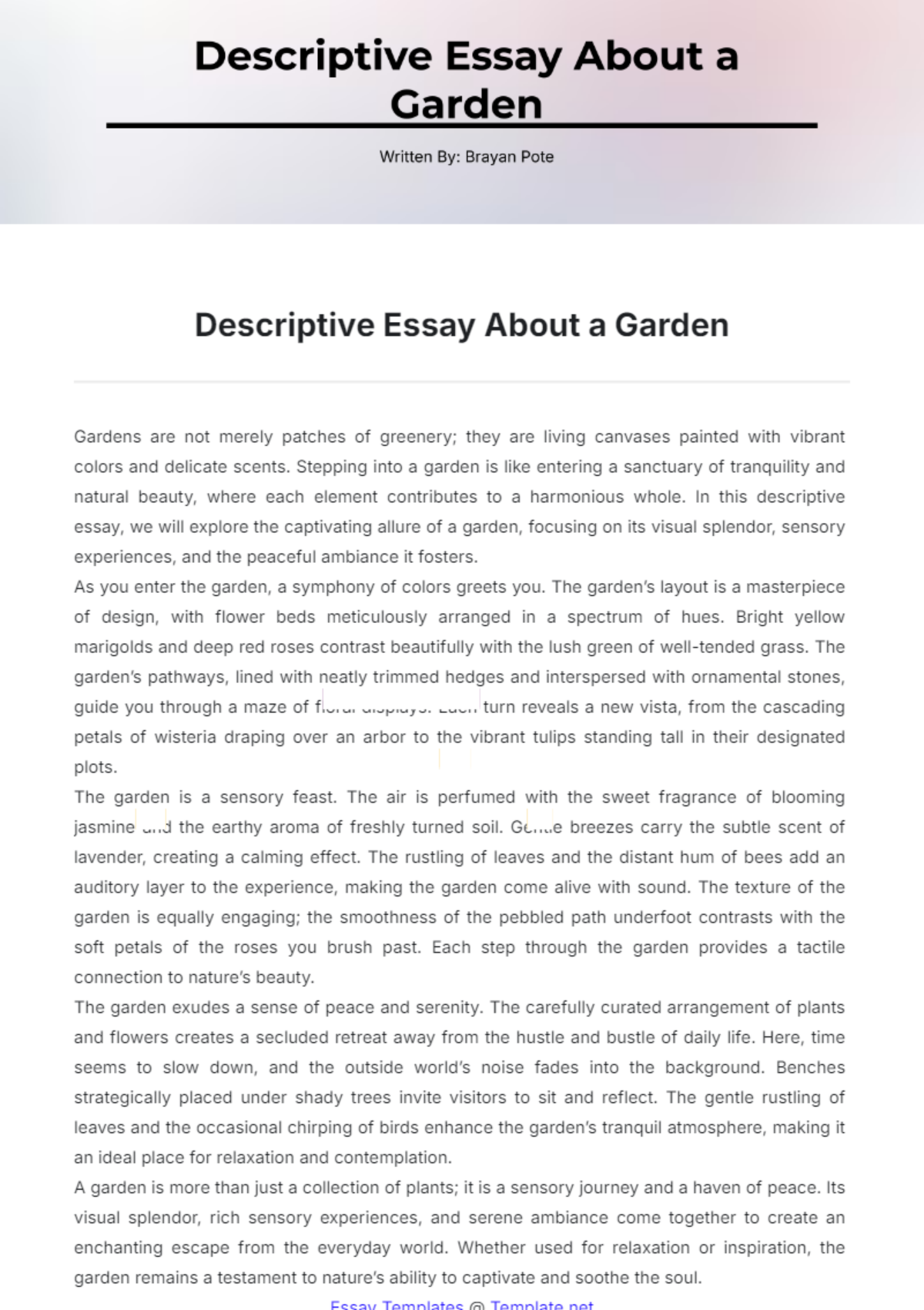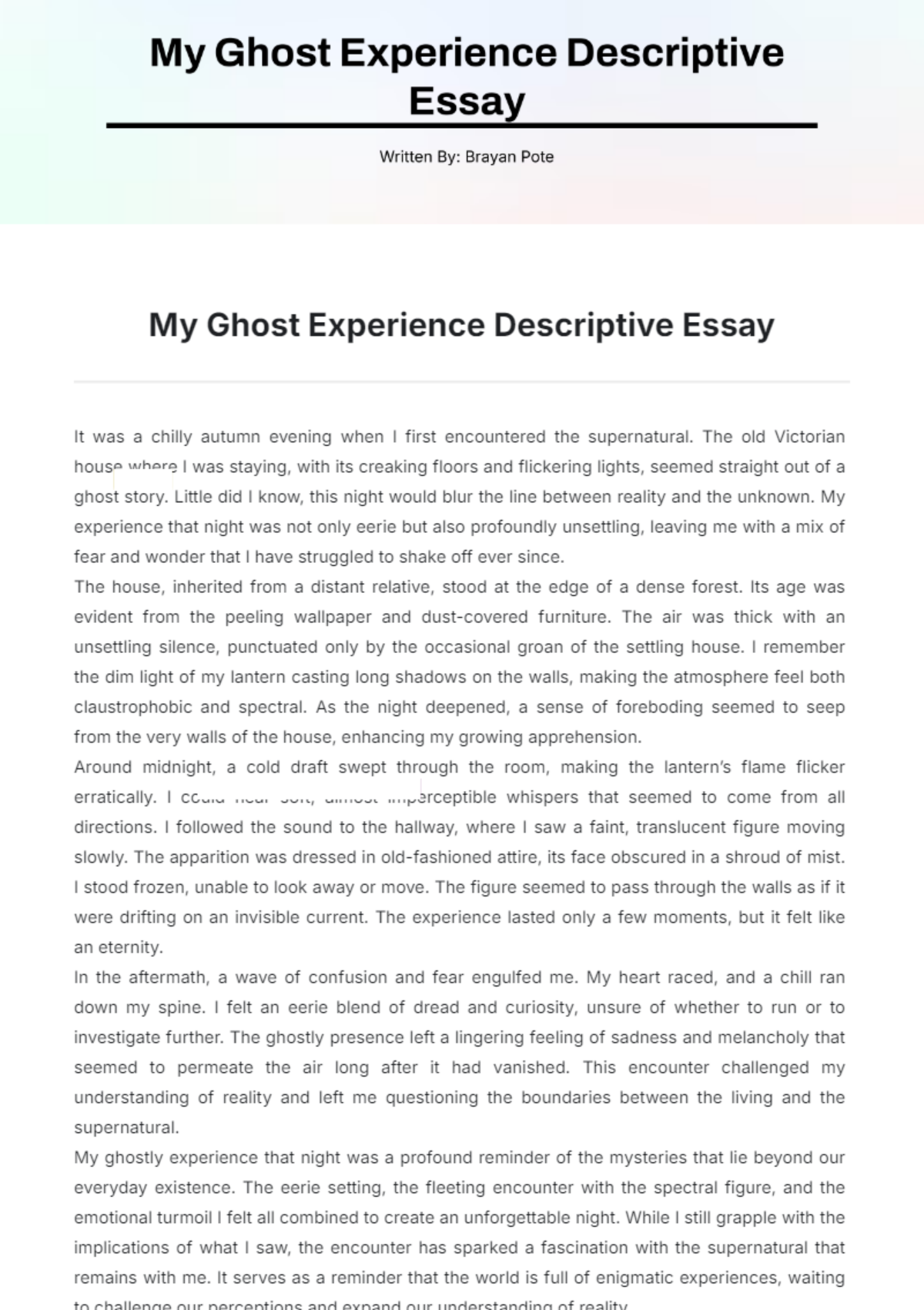Human Vital Functions Descriptive Essay
Written by: [YOUR NAME]
Introduction
Human life is sustained through a complex interplay of physiological processes that work in concert to maintain health and homeostasis. These vital functions—circulation, respiration, and digestion—are fundamental to the survival and well-being of individuals. Understanding these processes provides insight into how the human body operates as a cohesive unit, balancing internal environments to ensure optimal functioning. This essay will detail these essential systems, explaining their roles and interactions in sustaining life.
Circulation: The Lifeline of Nutrient and Oxygen Transport
Circulation is the process through which blood moves throughout the body, transporting essential nutrients, gases, and waste products. The cardiovascular system, comprising the heart, blood vessels, and blood, is responsible for this crucial function. The heart, a muscular organ, pumps blood through a network of arteries, veins, and capillaries. This continuous flow ensures that oxygen-rich blood reaches the tissues while removing carbon dioxide and metabolic waste products. Proper circulation is vital for maintaining tissue health, regulating body temperature, and facilitating the immune response. Any disruption in this system, such as in cases of heart disease or hypertension, can lead to severe health consequences, underscoring its importance in overall well-being.
Respiration: The Mechanism of Oxygen Exchange
Respiration is the process by which the body exchanges gases with the environment, primarily oxygen and carbon dioxide. This function is managed through the respiratory system, which includes the lungs, airways, and respiratory muscles. During inhalation, oxygen is brought into the lungs where it diffuses across the alveolar membranes into the bloodstream. Simultaneously, carbon dioxide, a metabolic waste product, is expelled from the blood into the alveoli and then exhaled. This gas exchange is crucial for cellular respiration, a metabolic process that generates energy in the form of adenosine triphosphate (ATP). Efficient respiration is essential for maintaining oxygen levels necessary for cellular functions and preventing the buildup of harmful carbon dioxide levels.
Digestion: The Breakdown and Absorption of Nutrients
Digestion is the process by which food is broken down into simpler substances that can be absorbed and utilized by the body. The digestive system, comprising the mouth, esophagus, stomach, intestines, and associated glands, facilitates this breakdown. Enzymes and digestive acids play a key role in disassembling food into nutrients such as carbohydrates, proteins, and fats. These nutrients are then absorbed through the intestinal walls into the bloodstream. This process not only provides energy but also supplies the building blocks necessary for the growth, repair, and maintenance of bodily functions. Effective digestion is crucial for overall health, and any dysfunction in this system can lead to nutritional deficiencies and various gastrointestinal disorders.
Conclusion
The human body relies on the seamless integration of circulation, respiration, and digestion to sustain life and maintain health. Each system plays a distinct yet interconnected role in ensuring that essential substances are transported, gases are exchanged, and nutrients are absorbed. Understanding these vital functions highlights the intricate design of the human body and the necessity of each process for survival. Maintaining the health of these systems through lifestyle choices and medical care is paramount for ensuring long-term well-being and homeostasis. As we continue to explore and study these fundamental processes, we gain deeper insights into the remarkable complexity of human physiology and the importance of each component in sustaining life.

